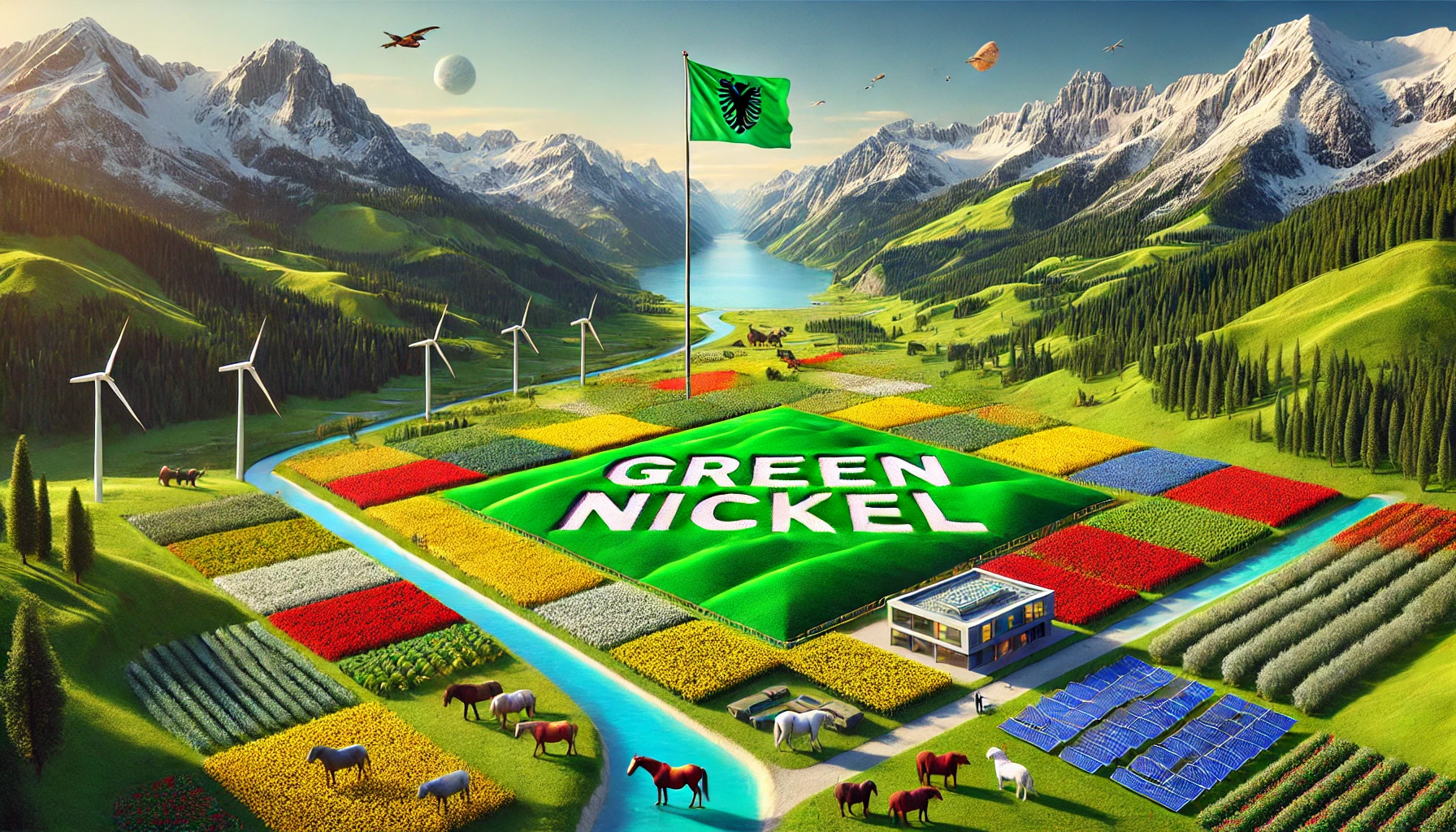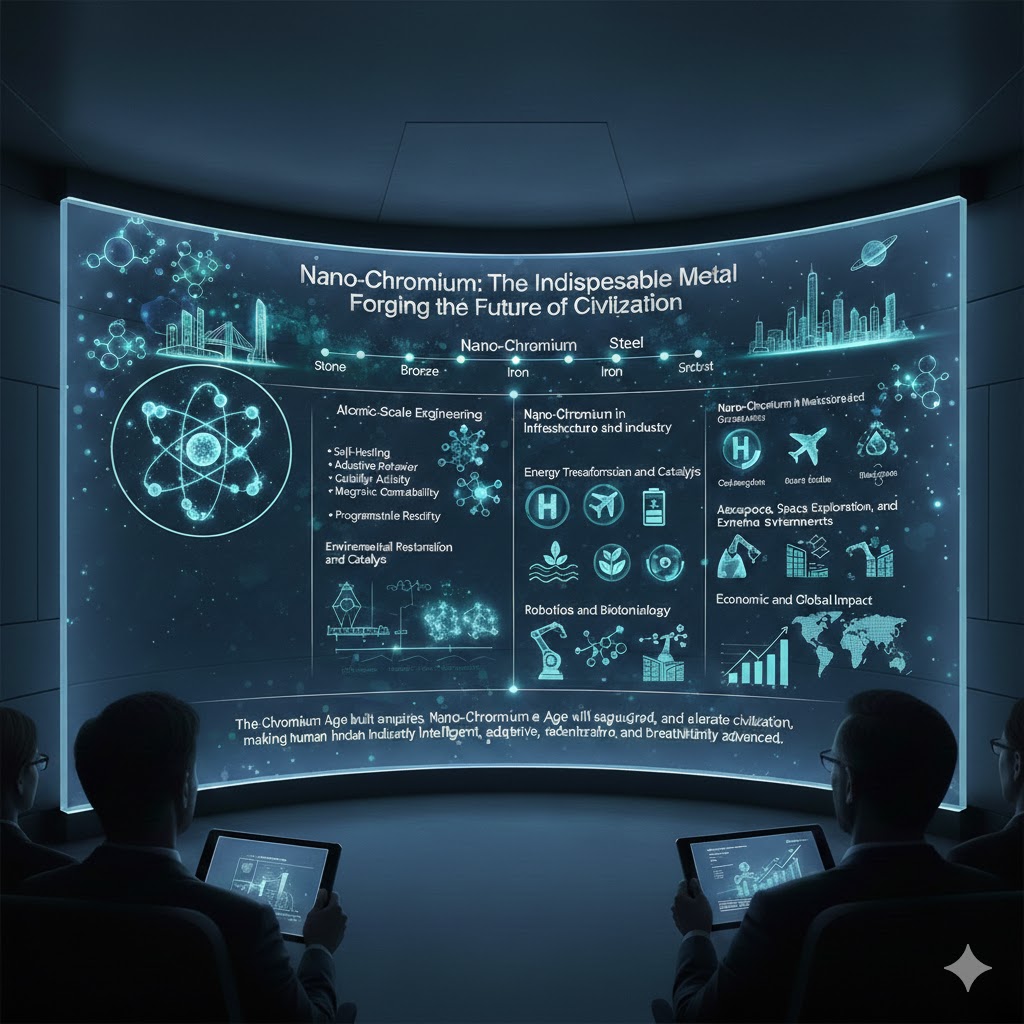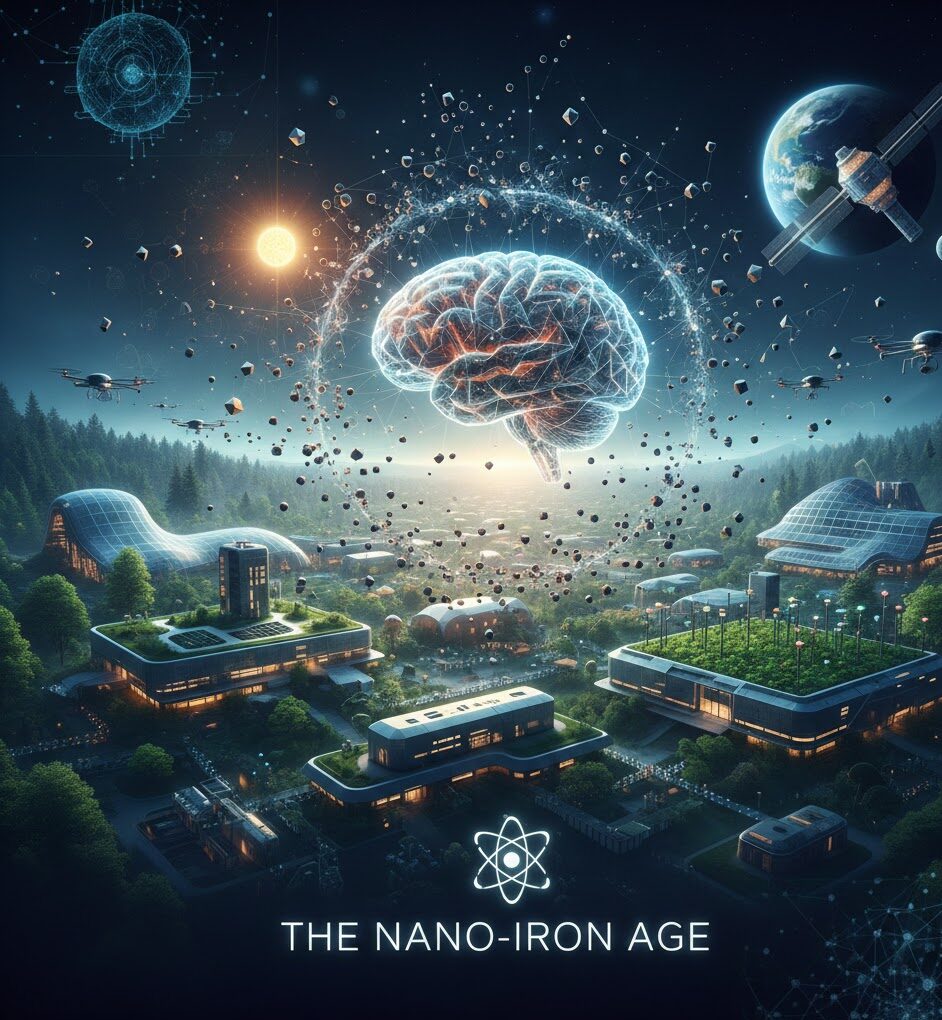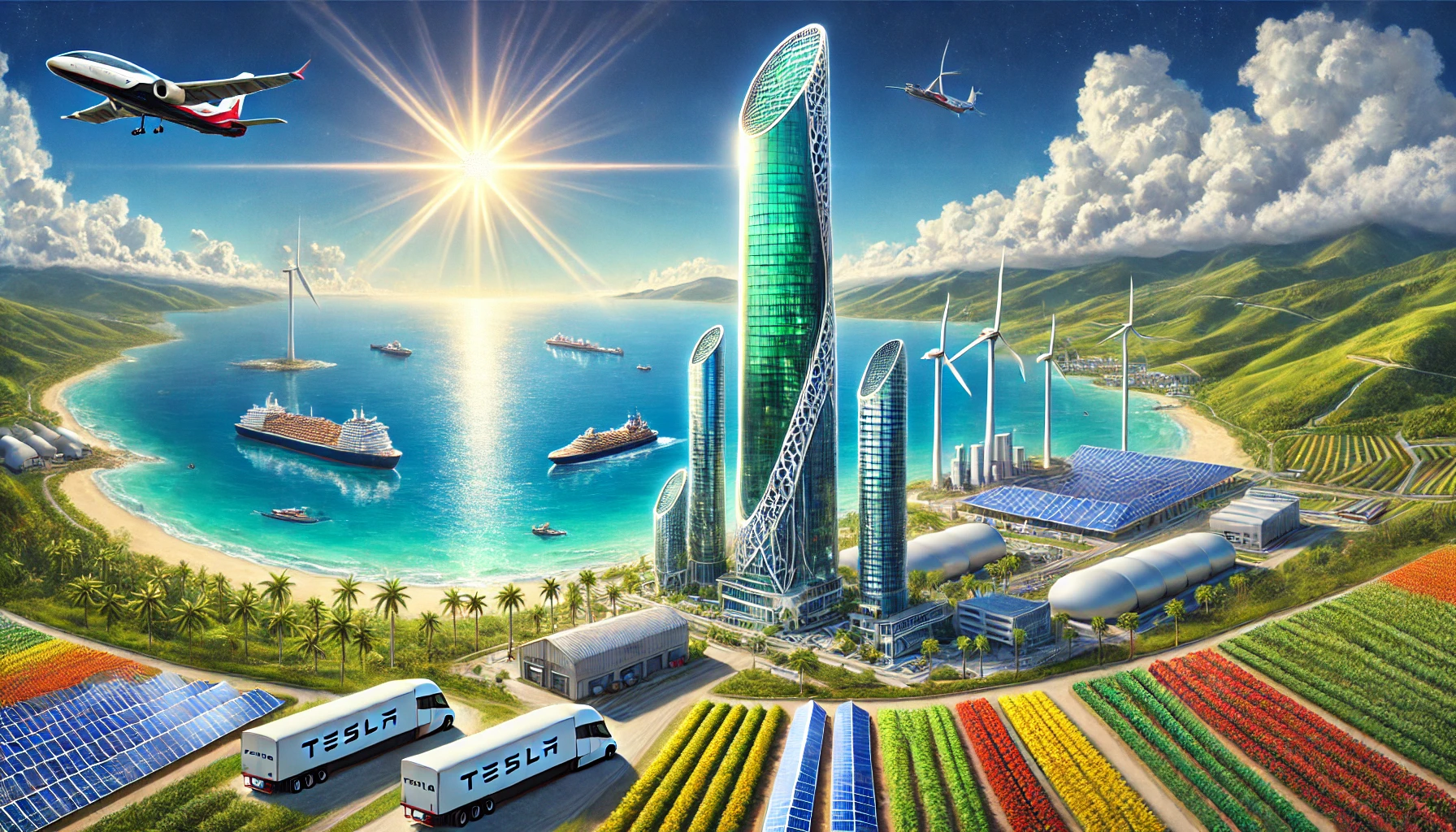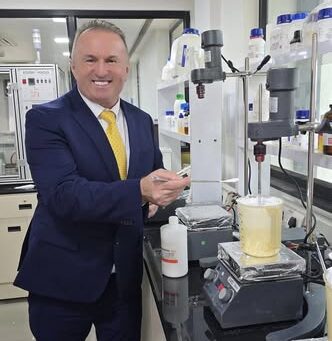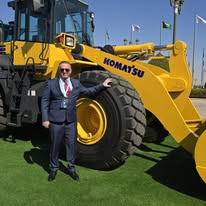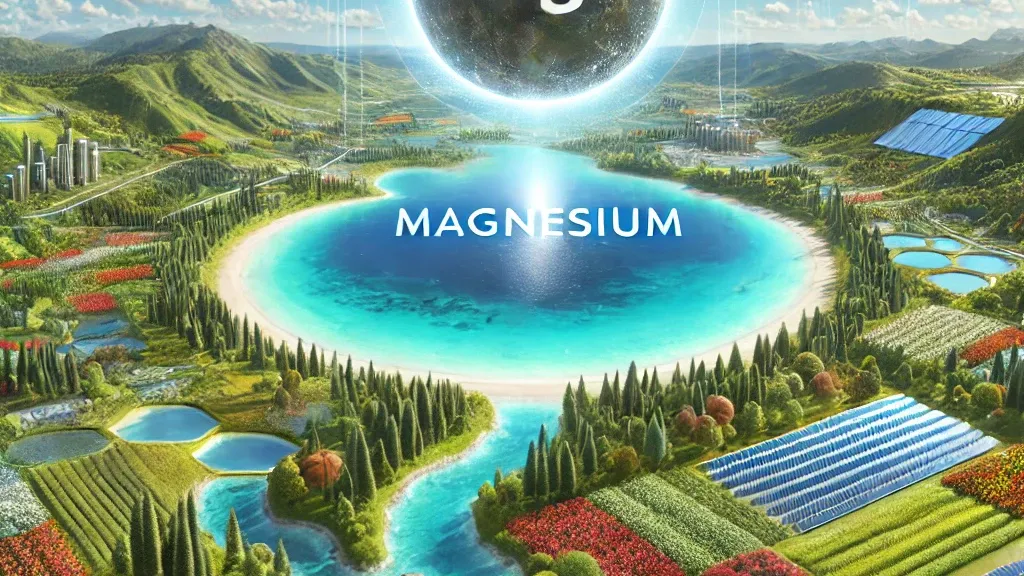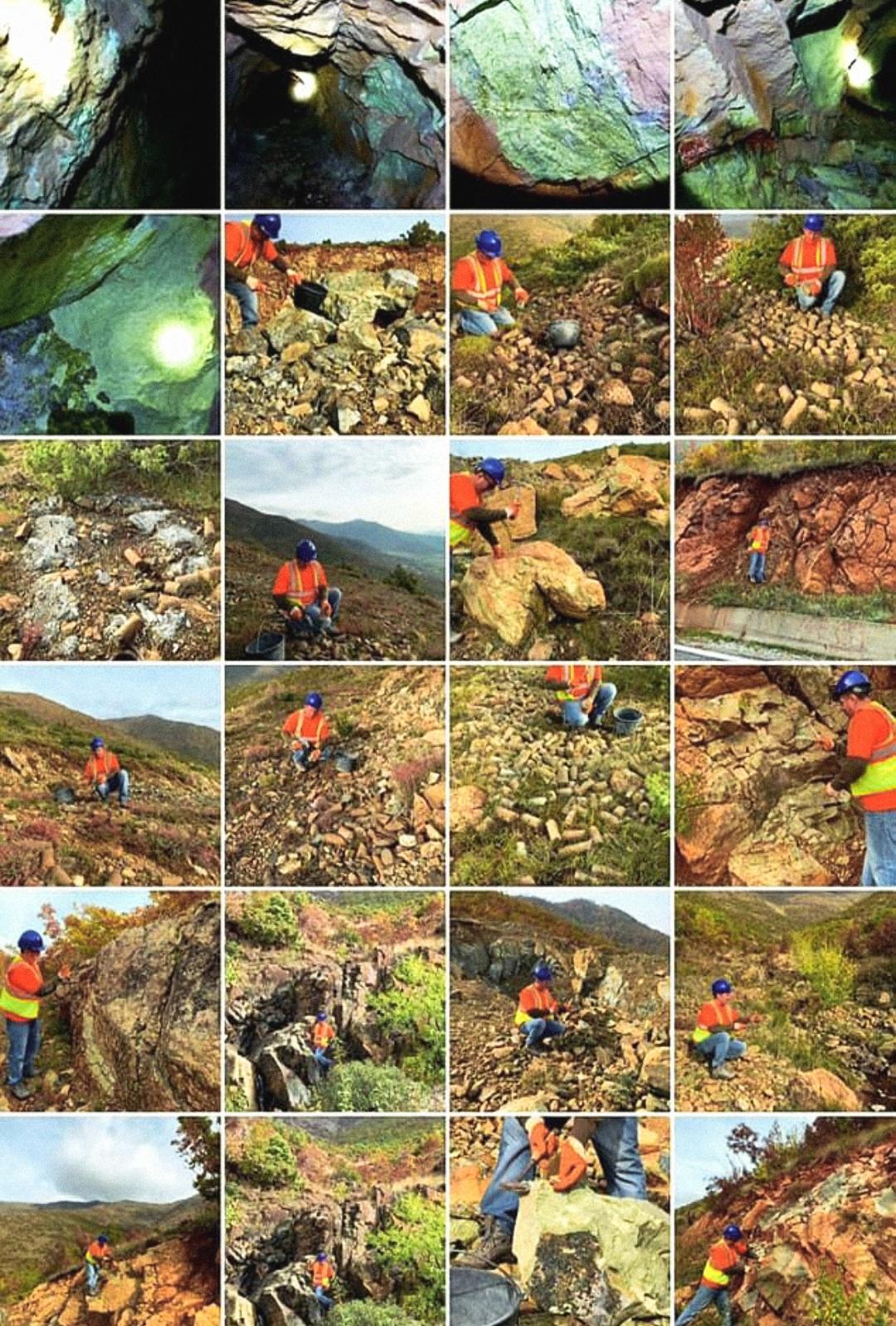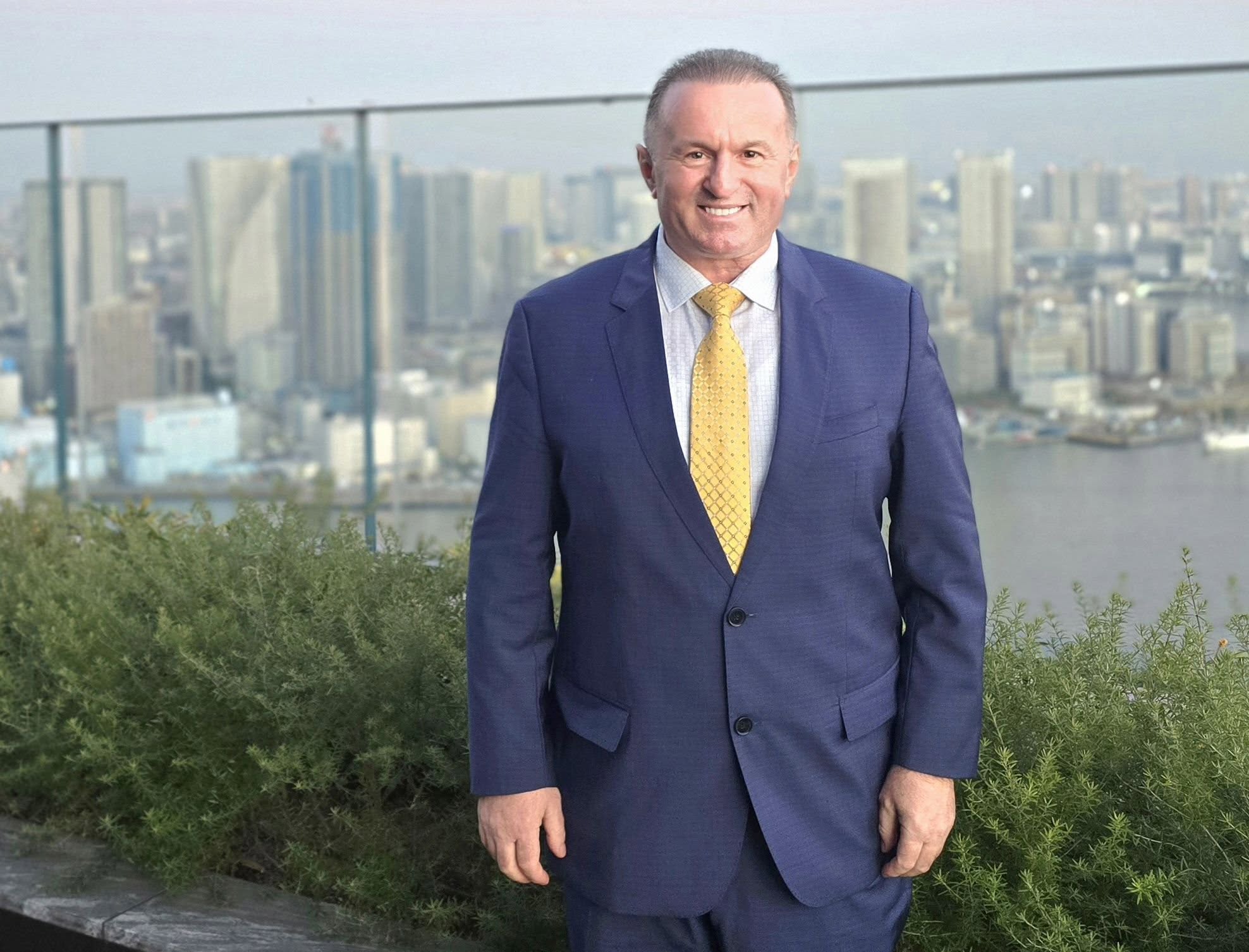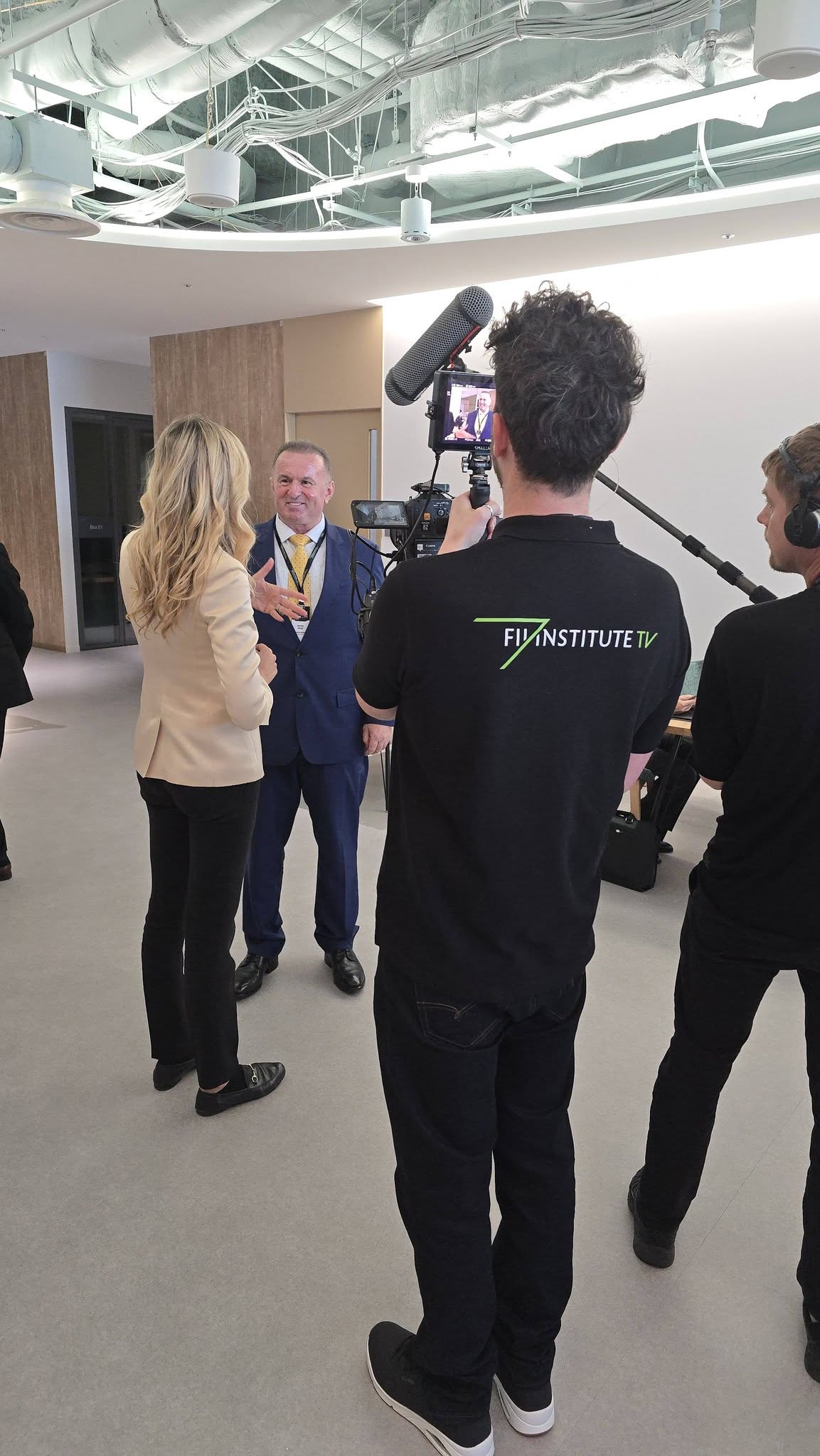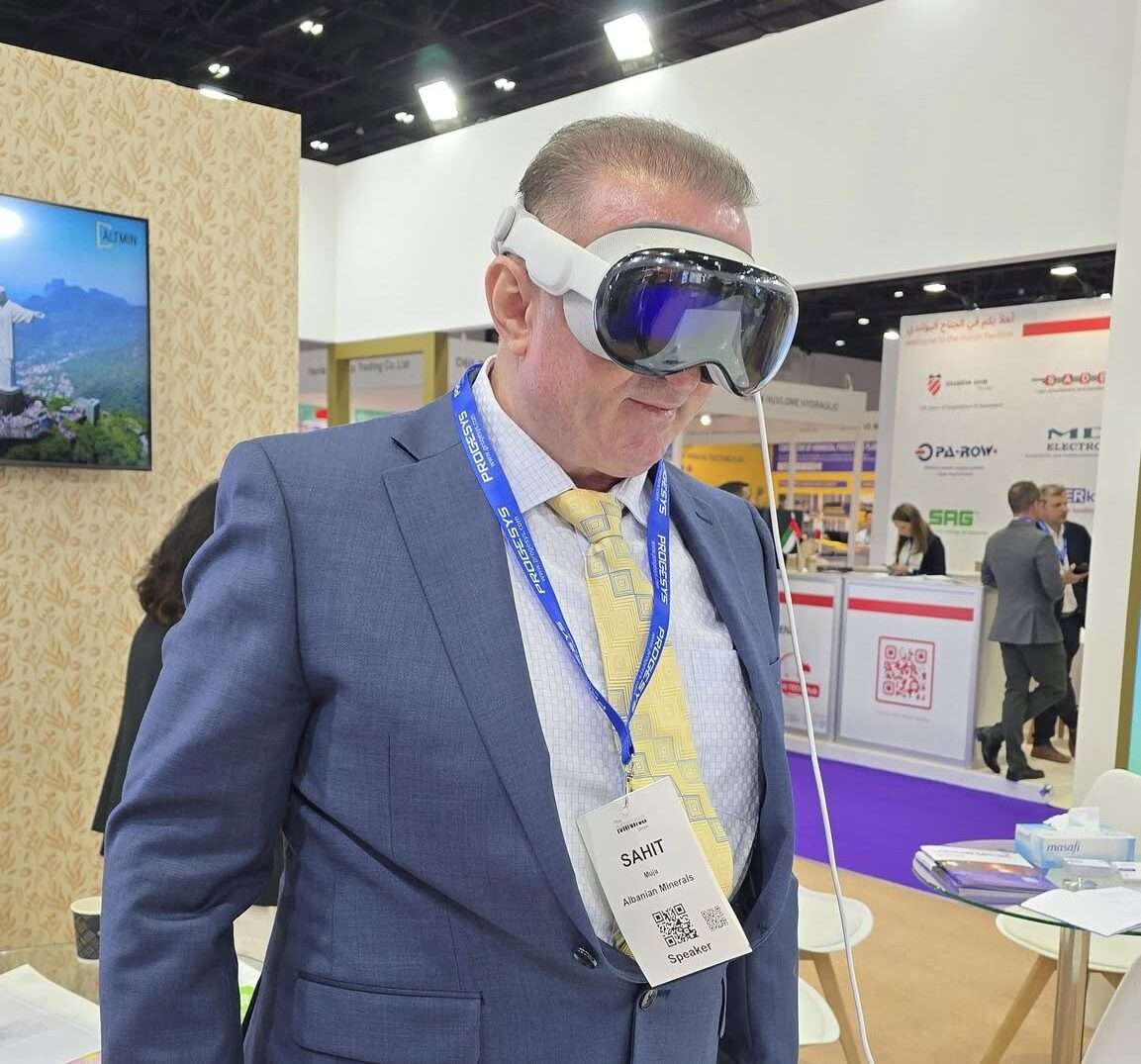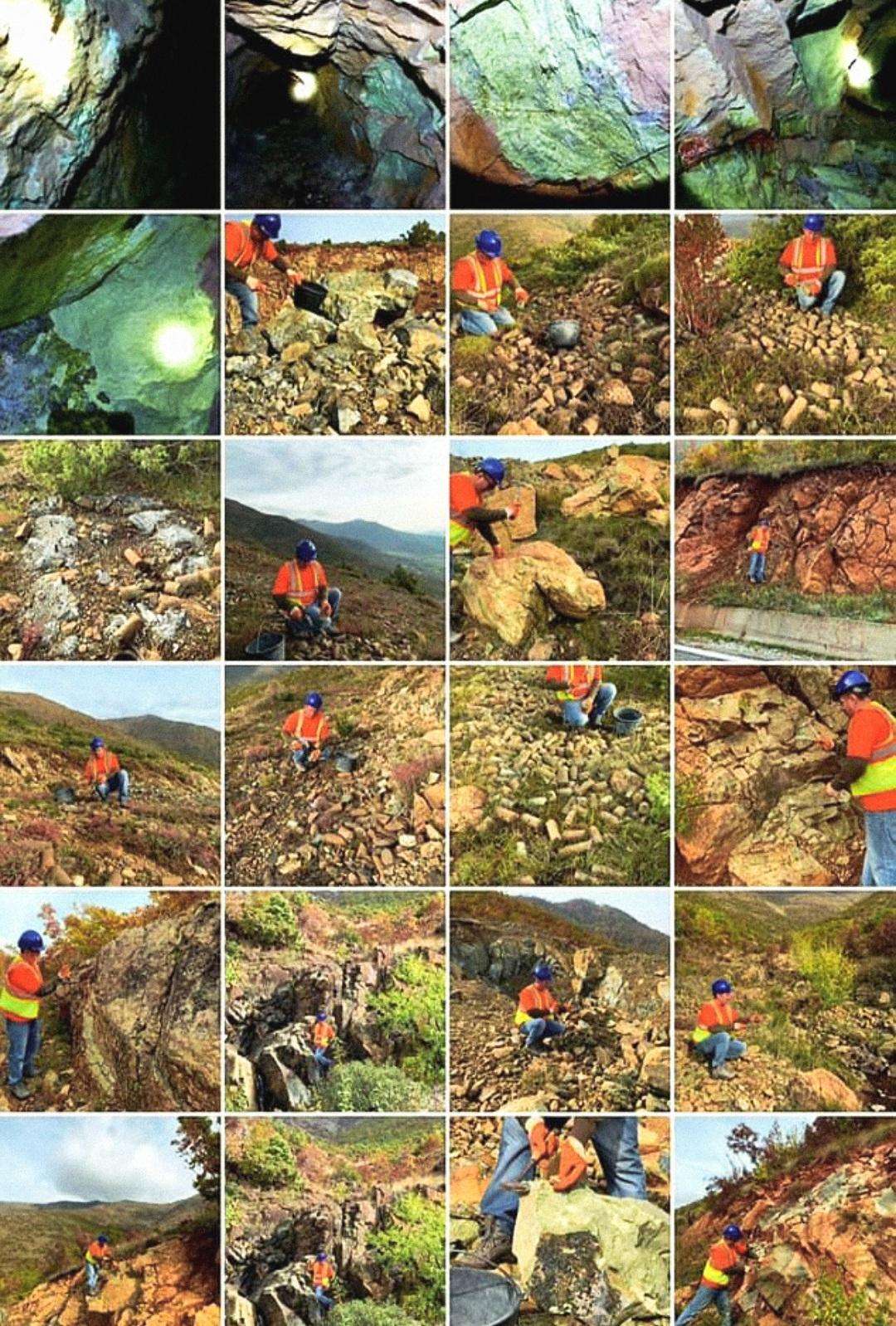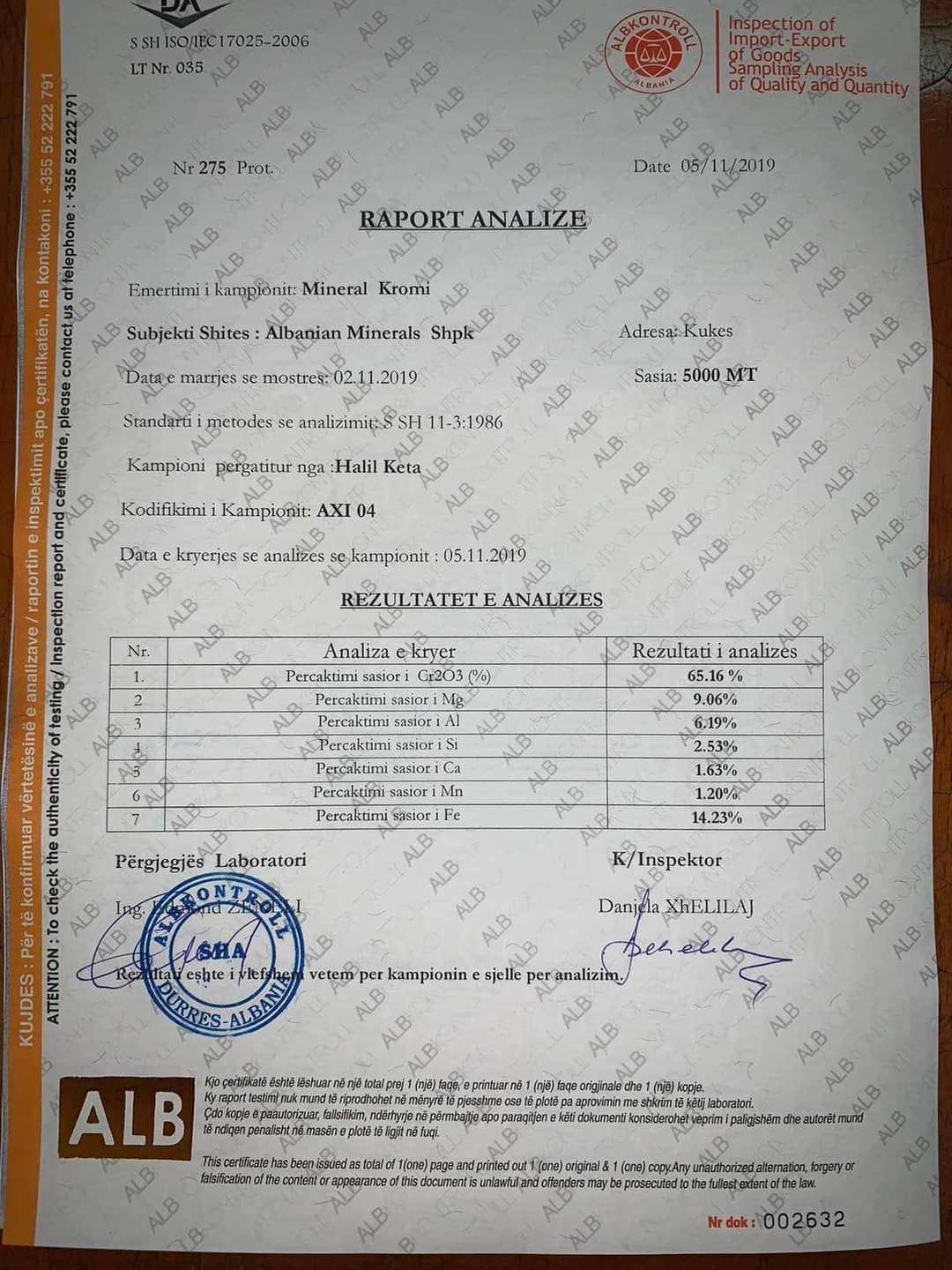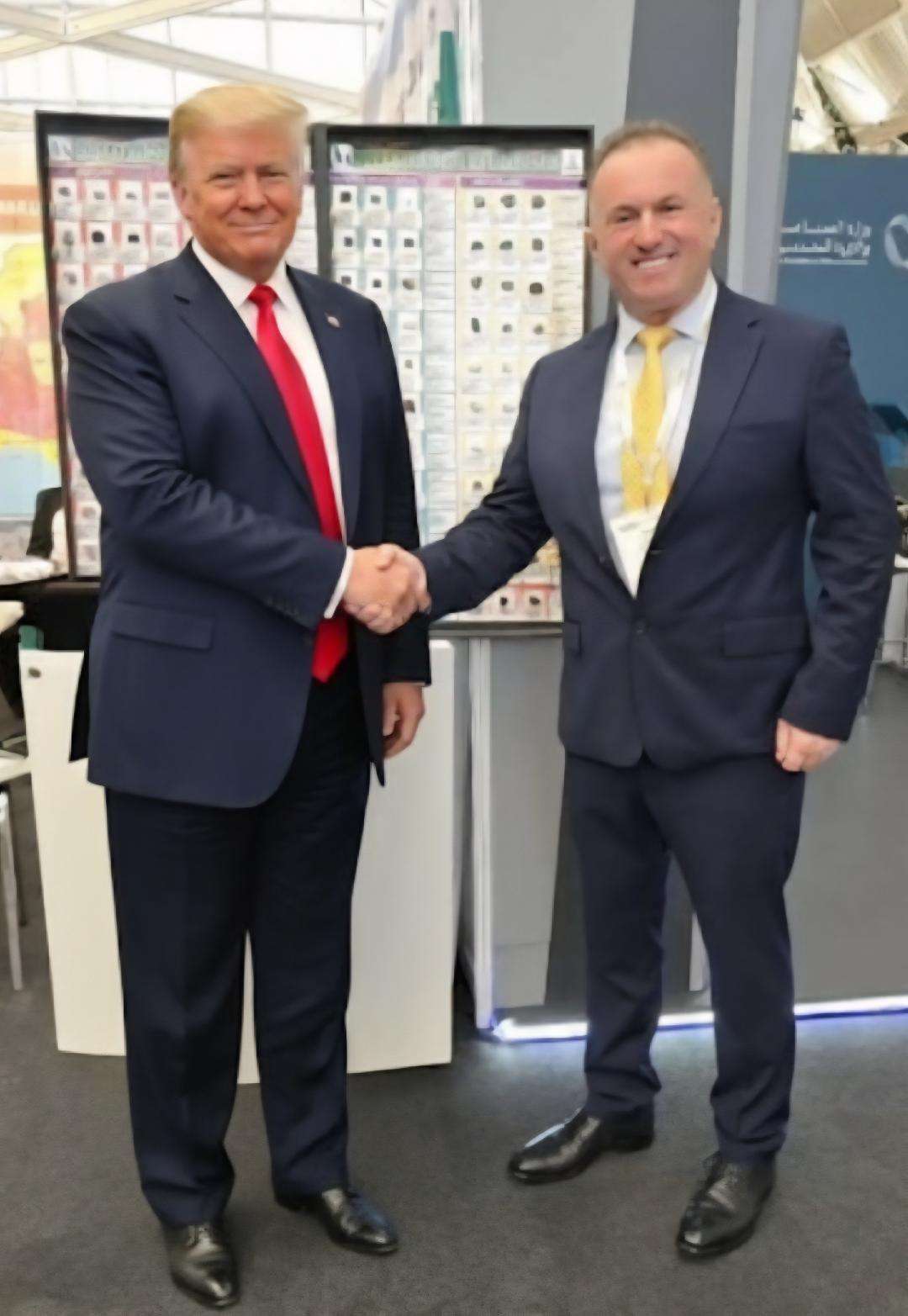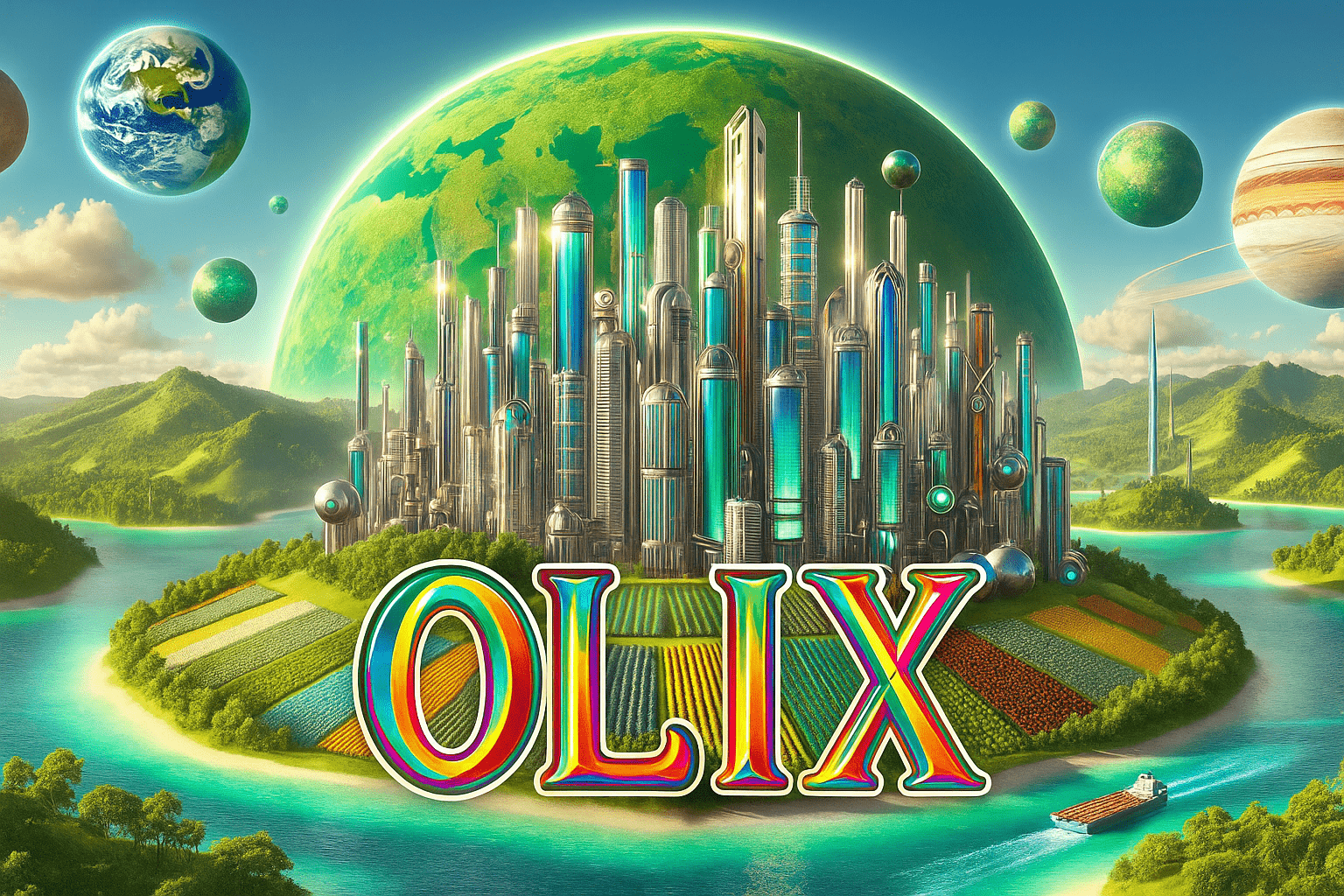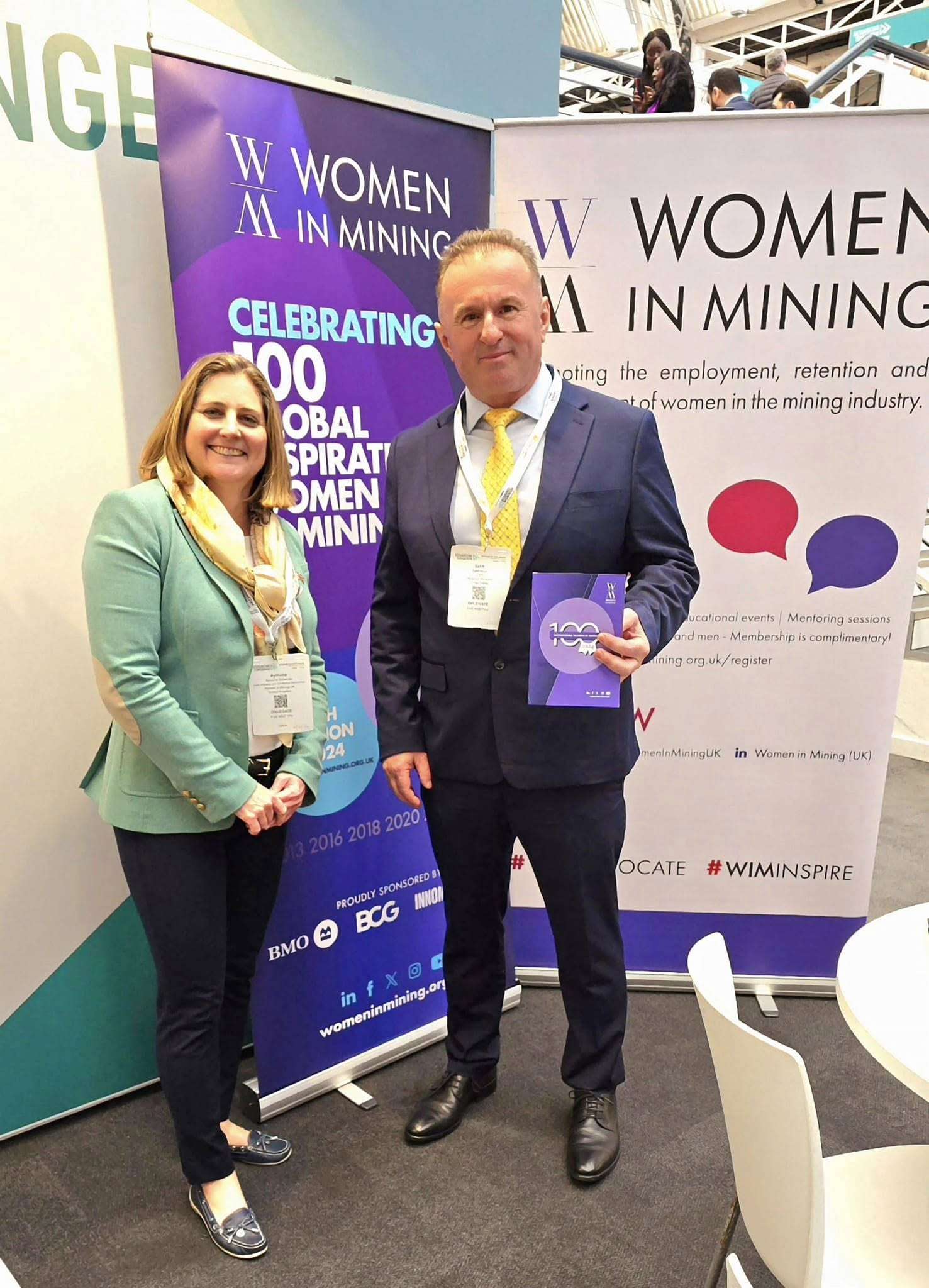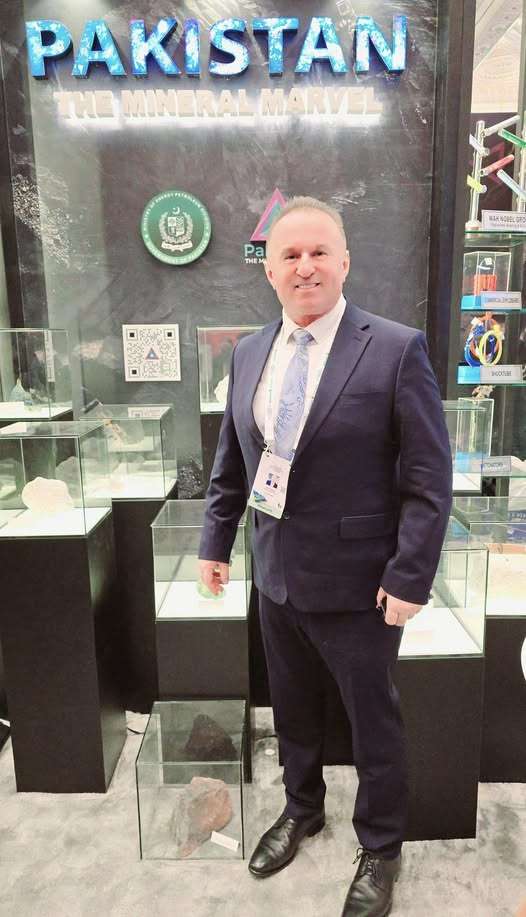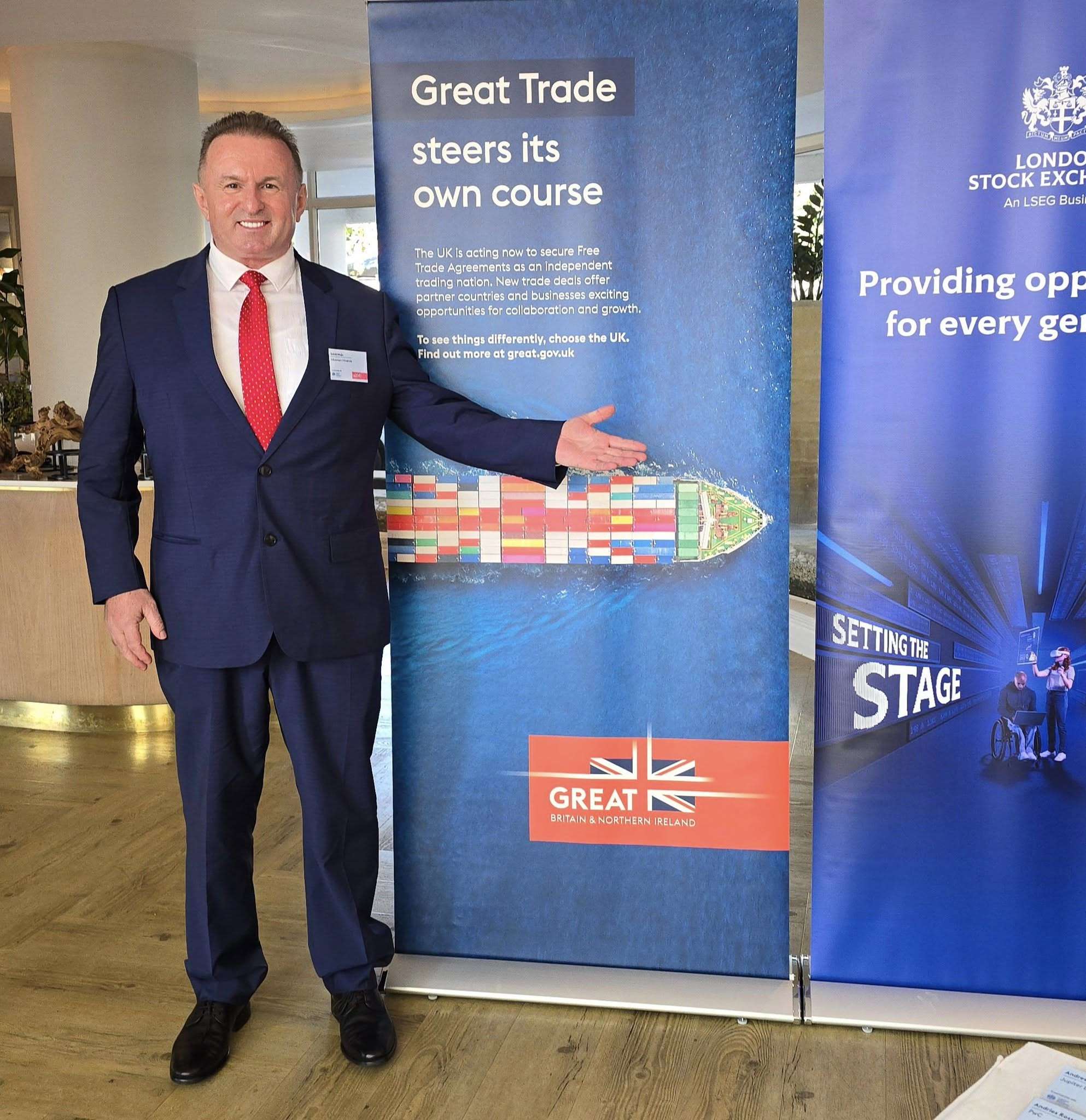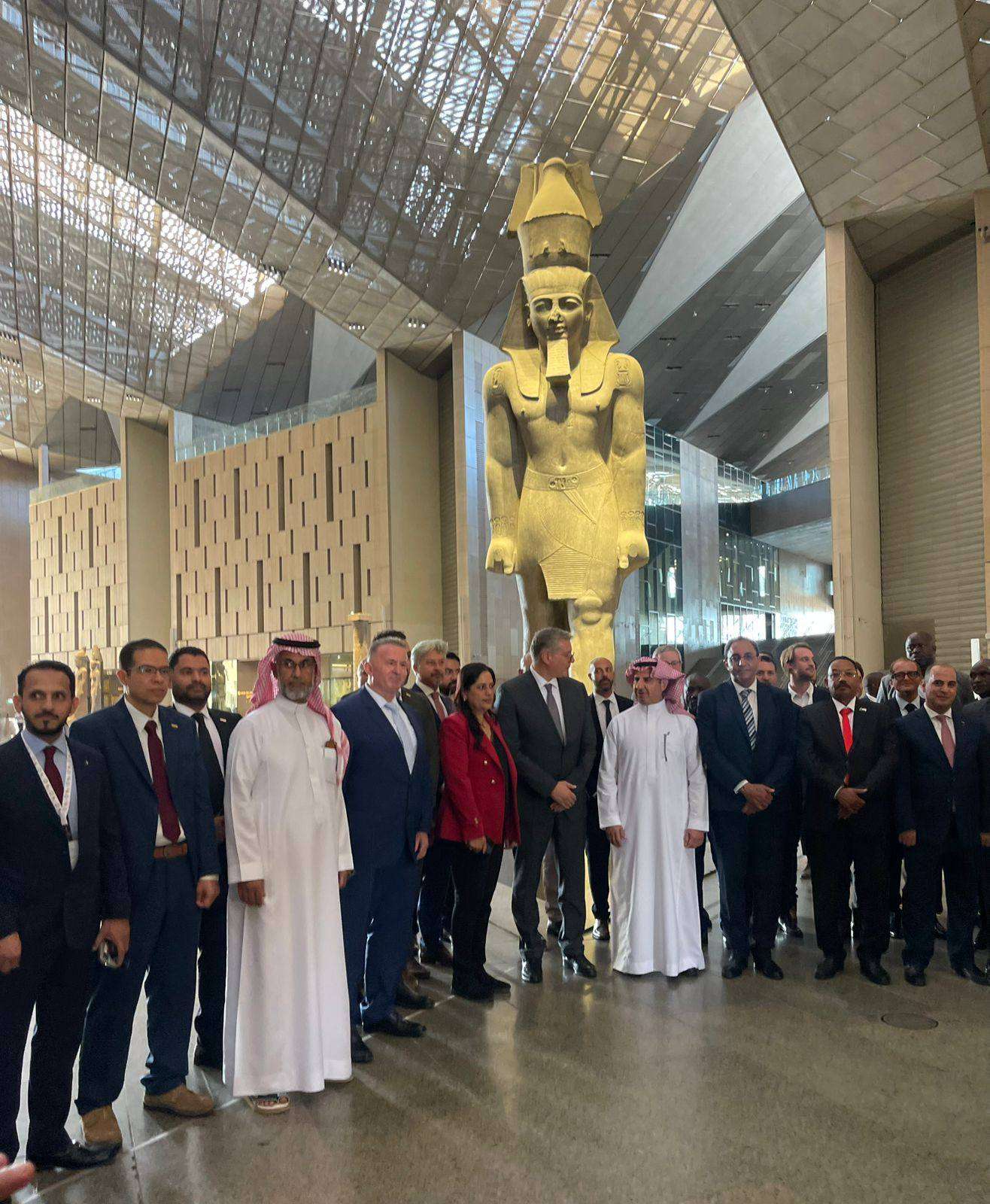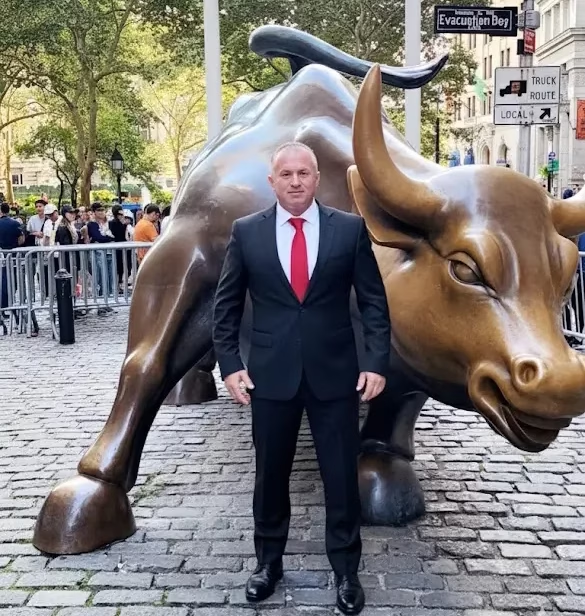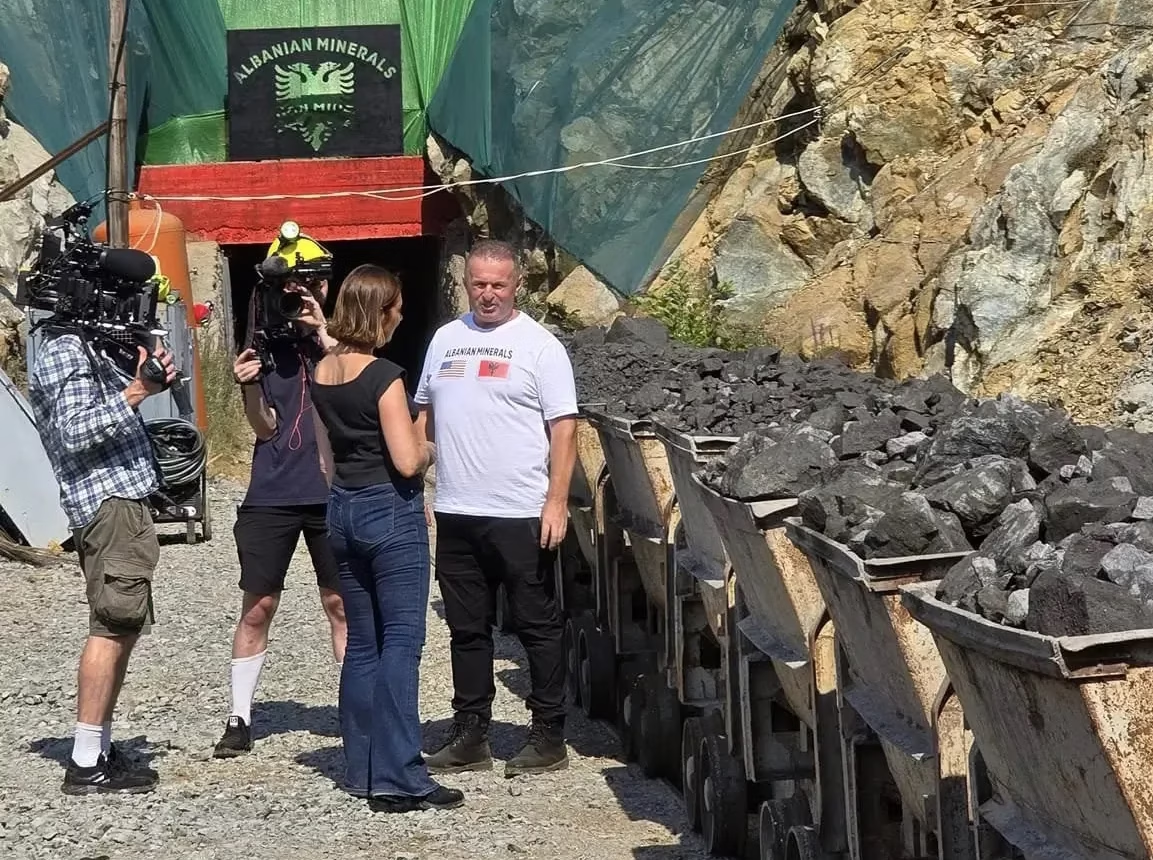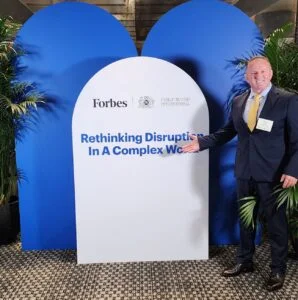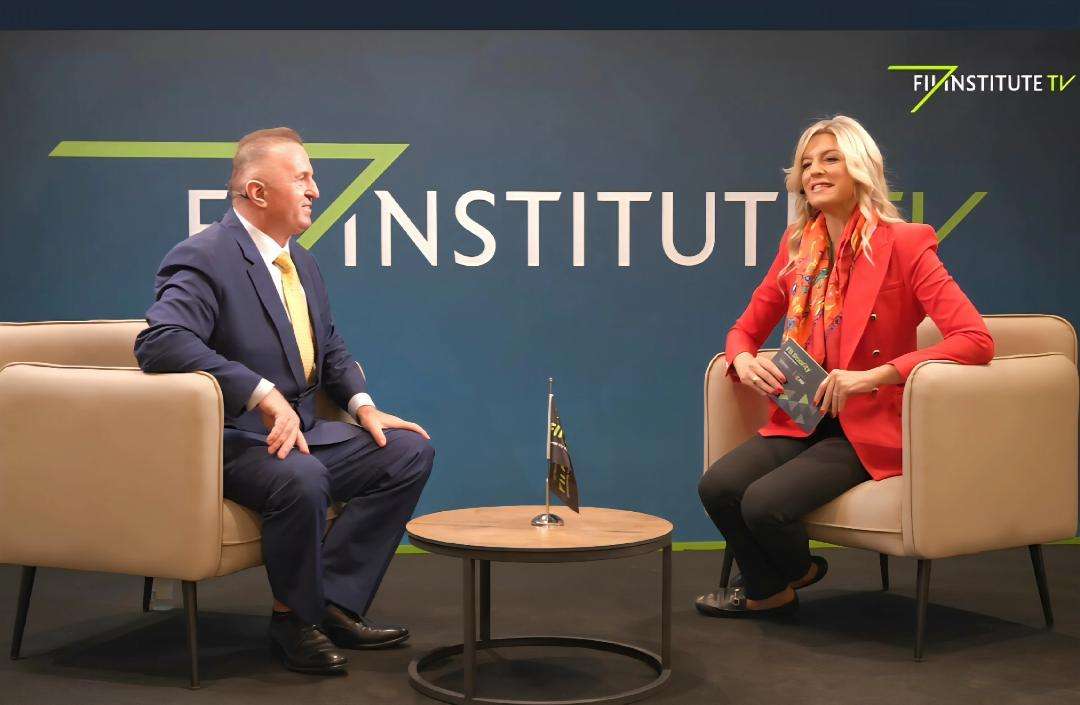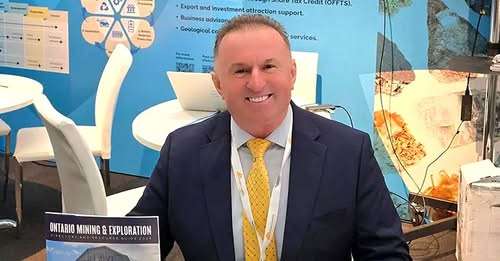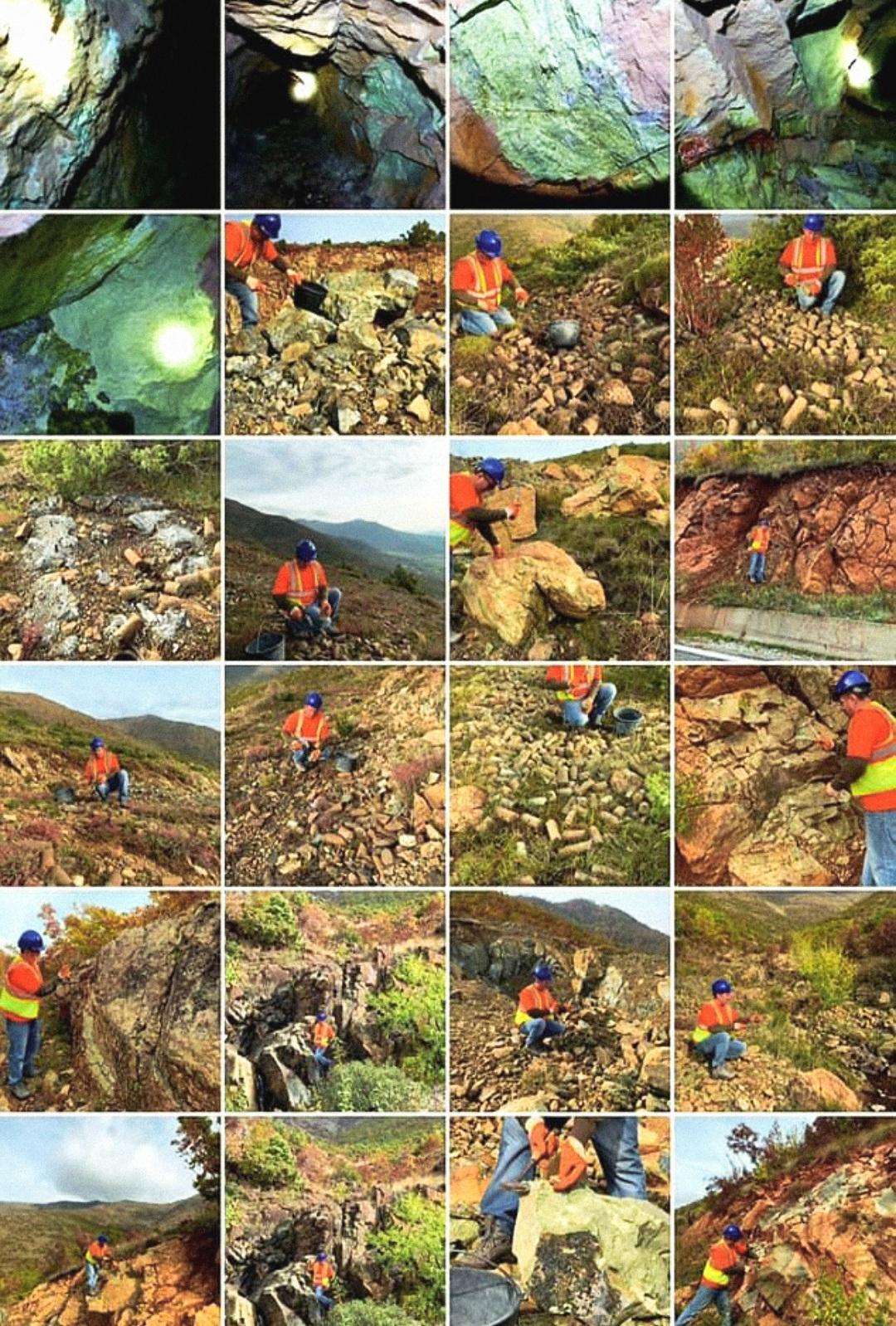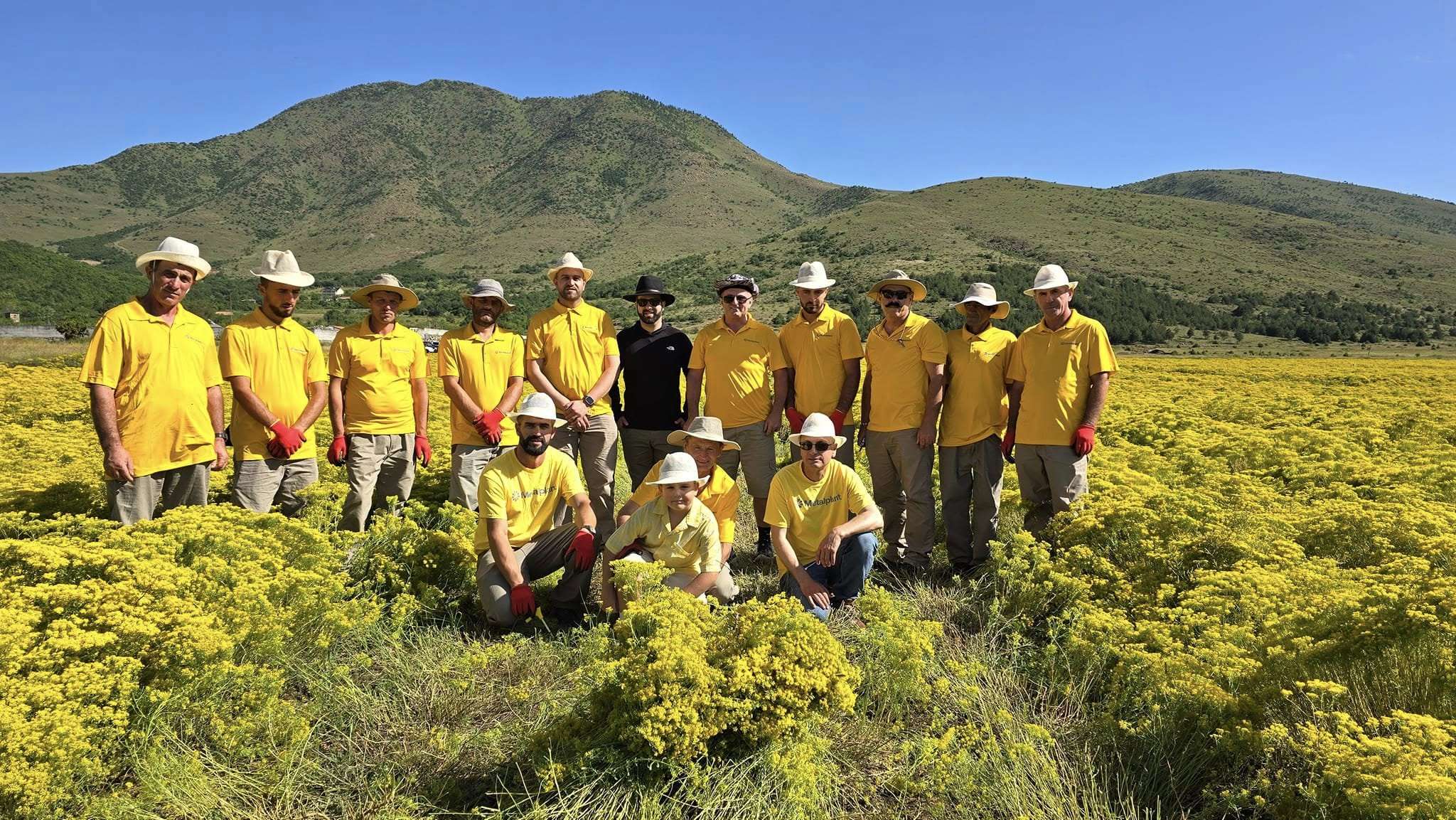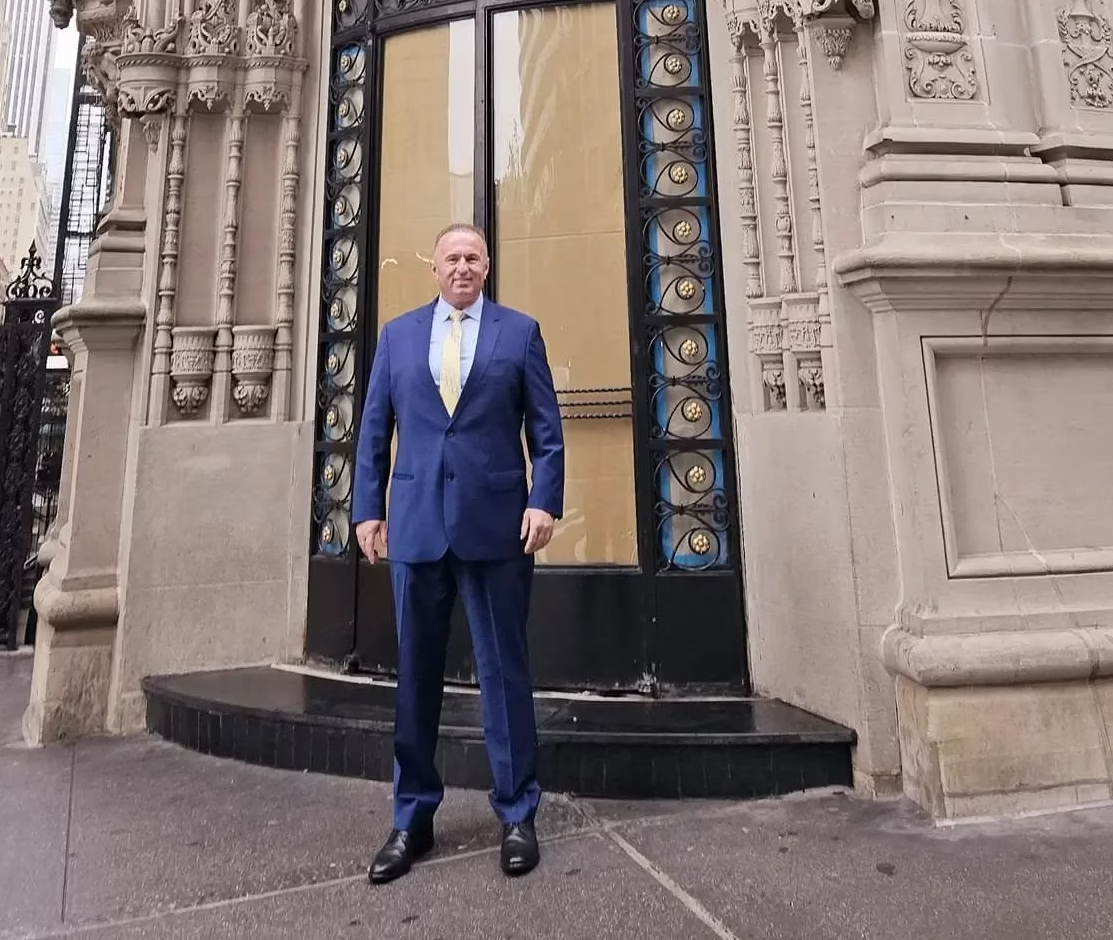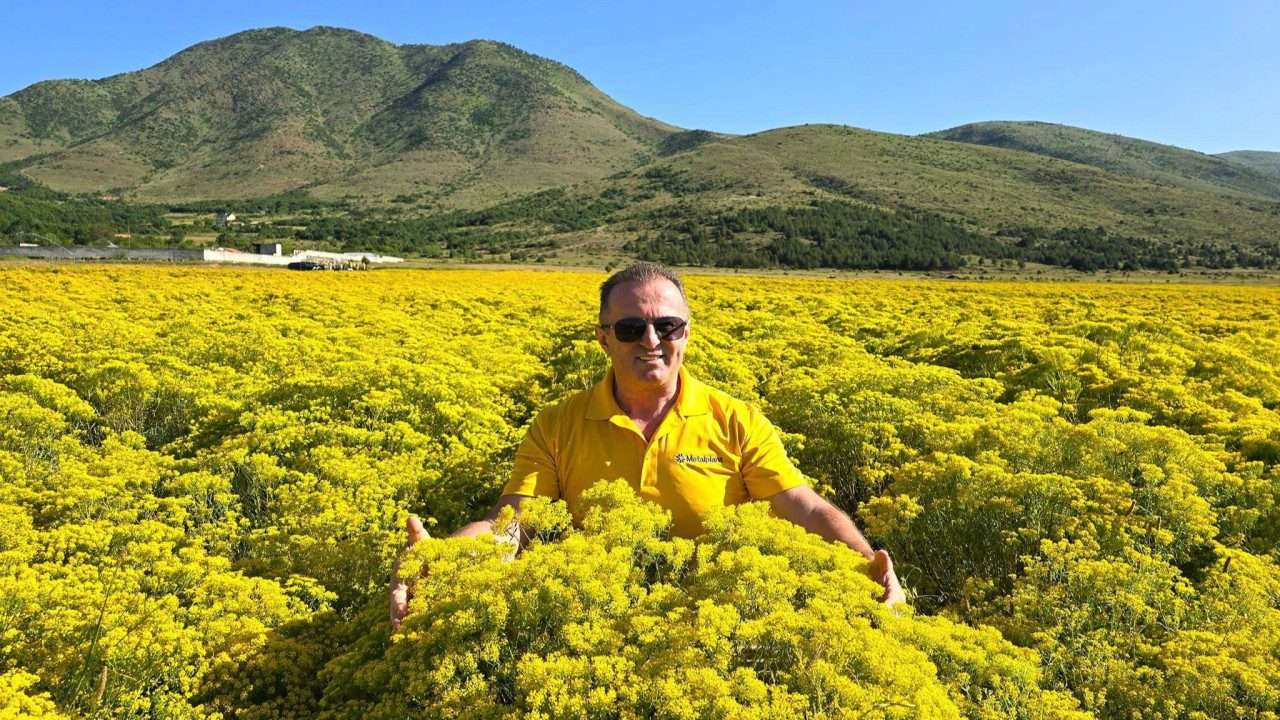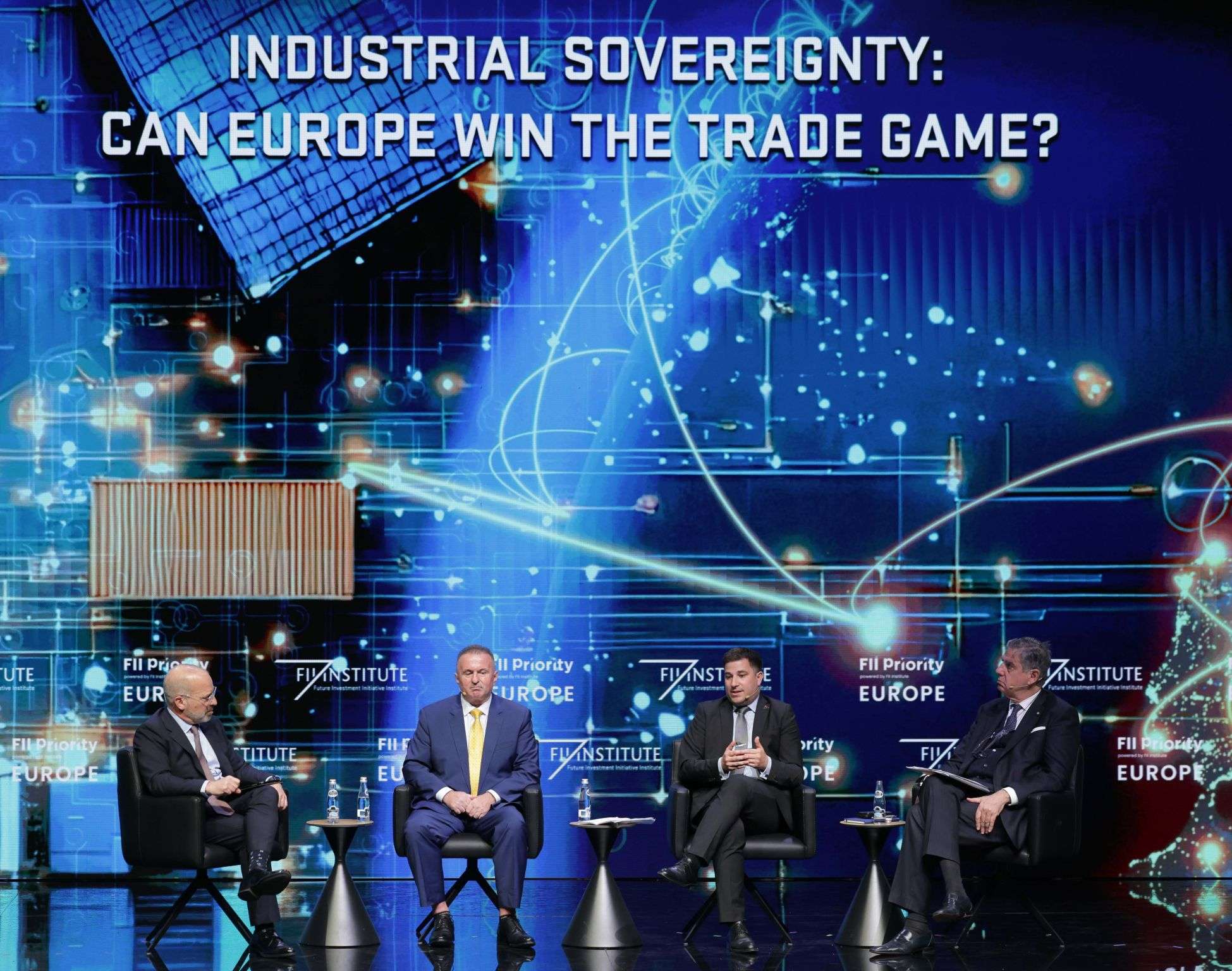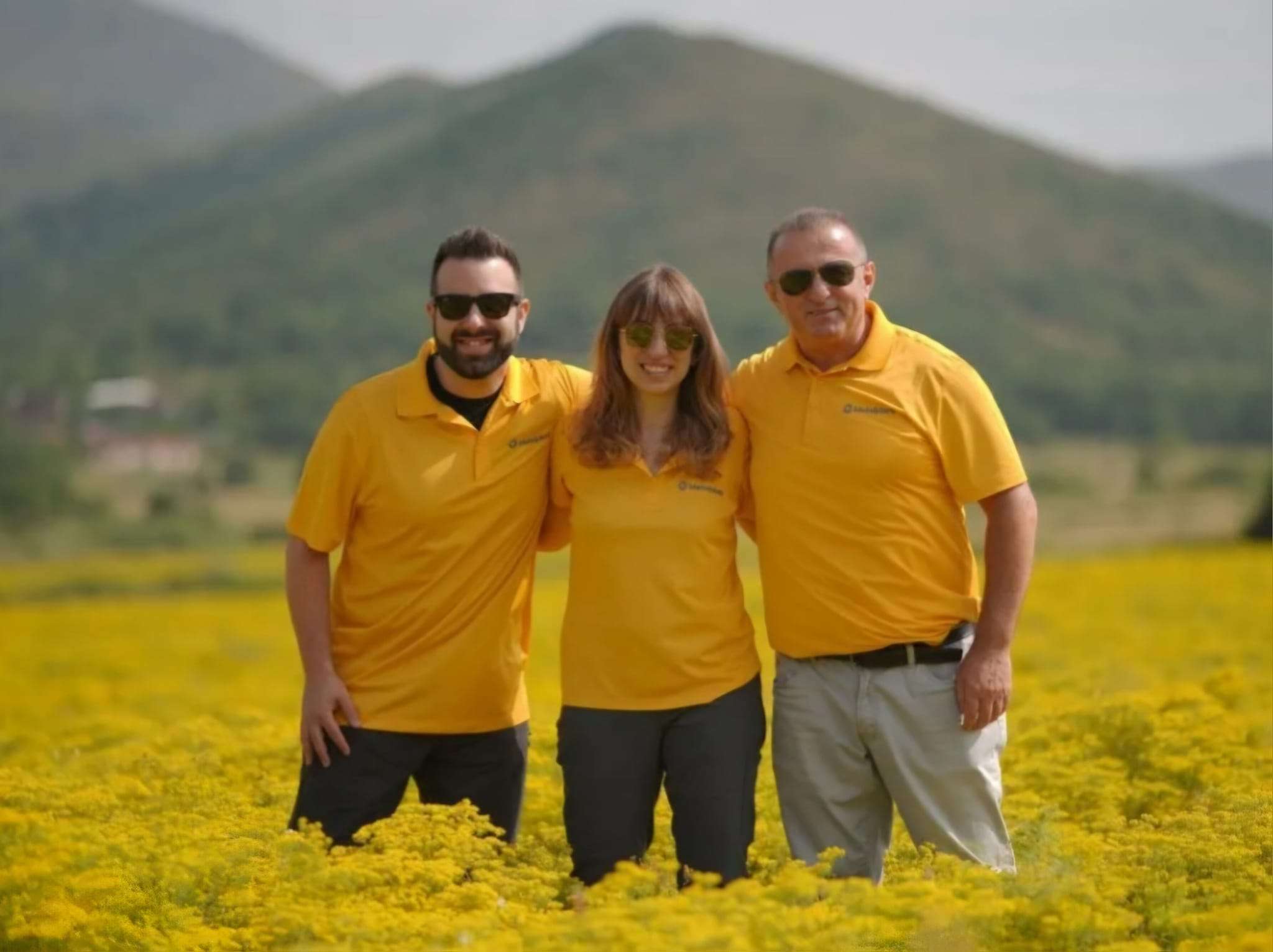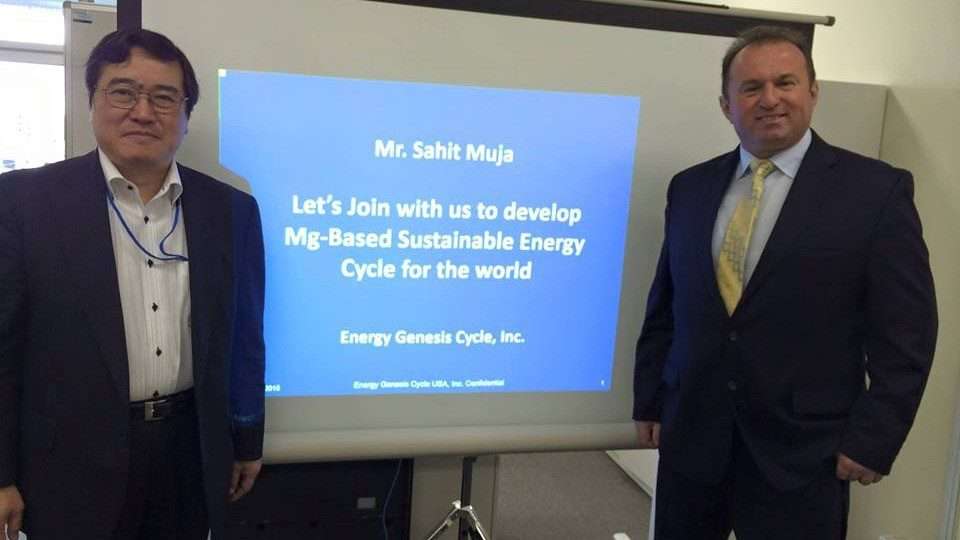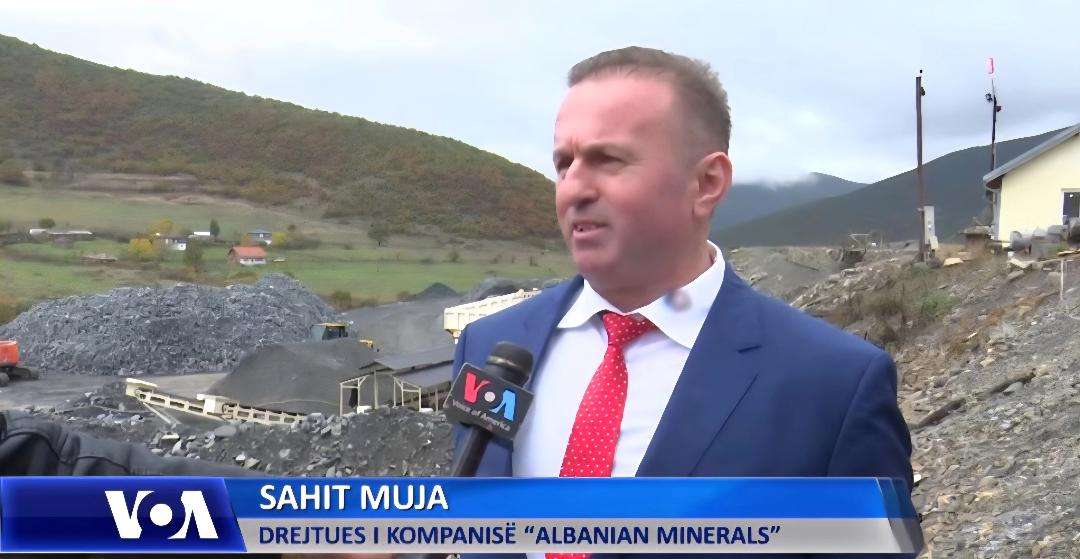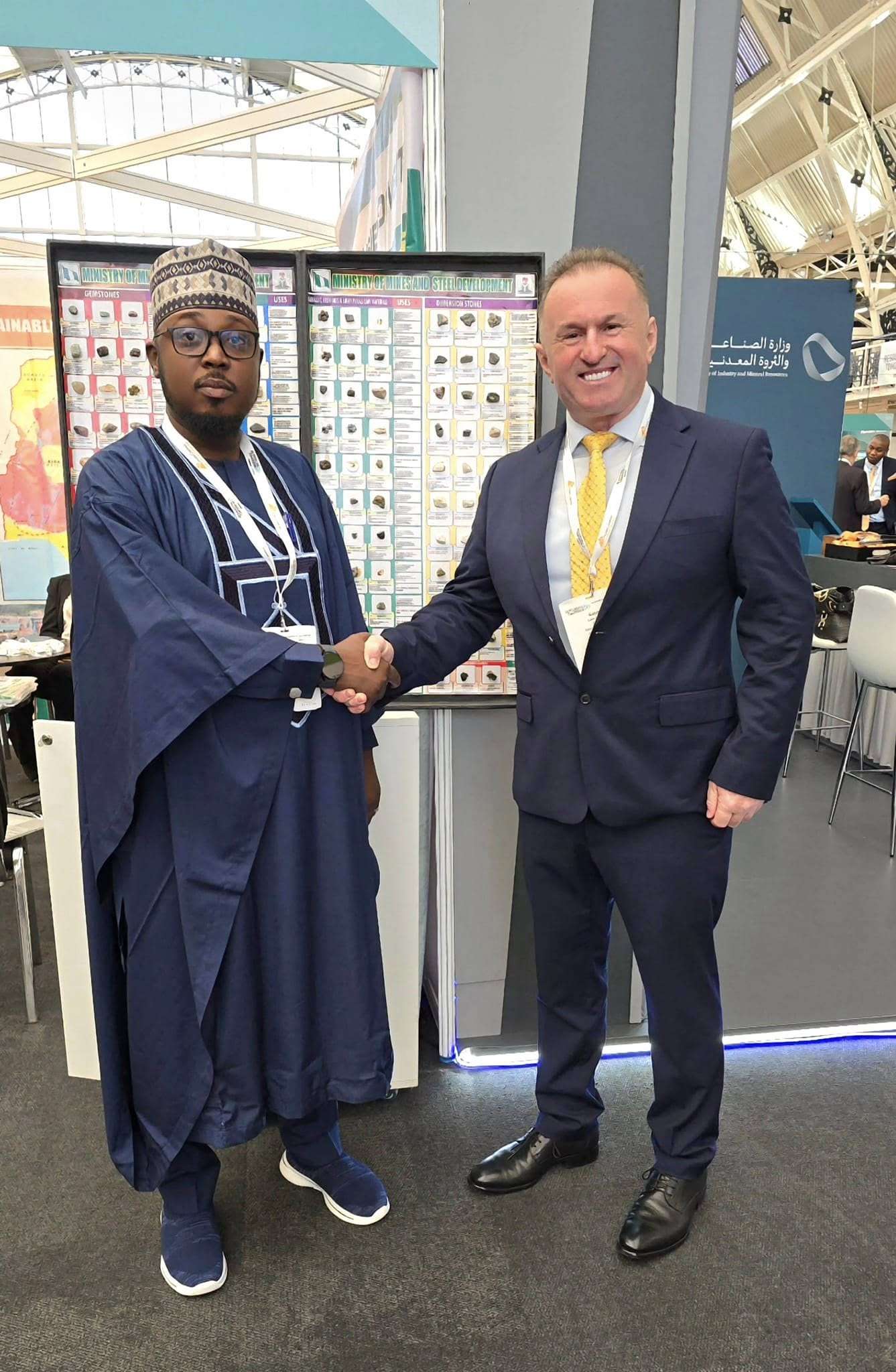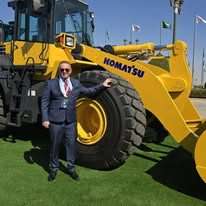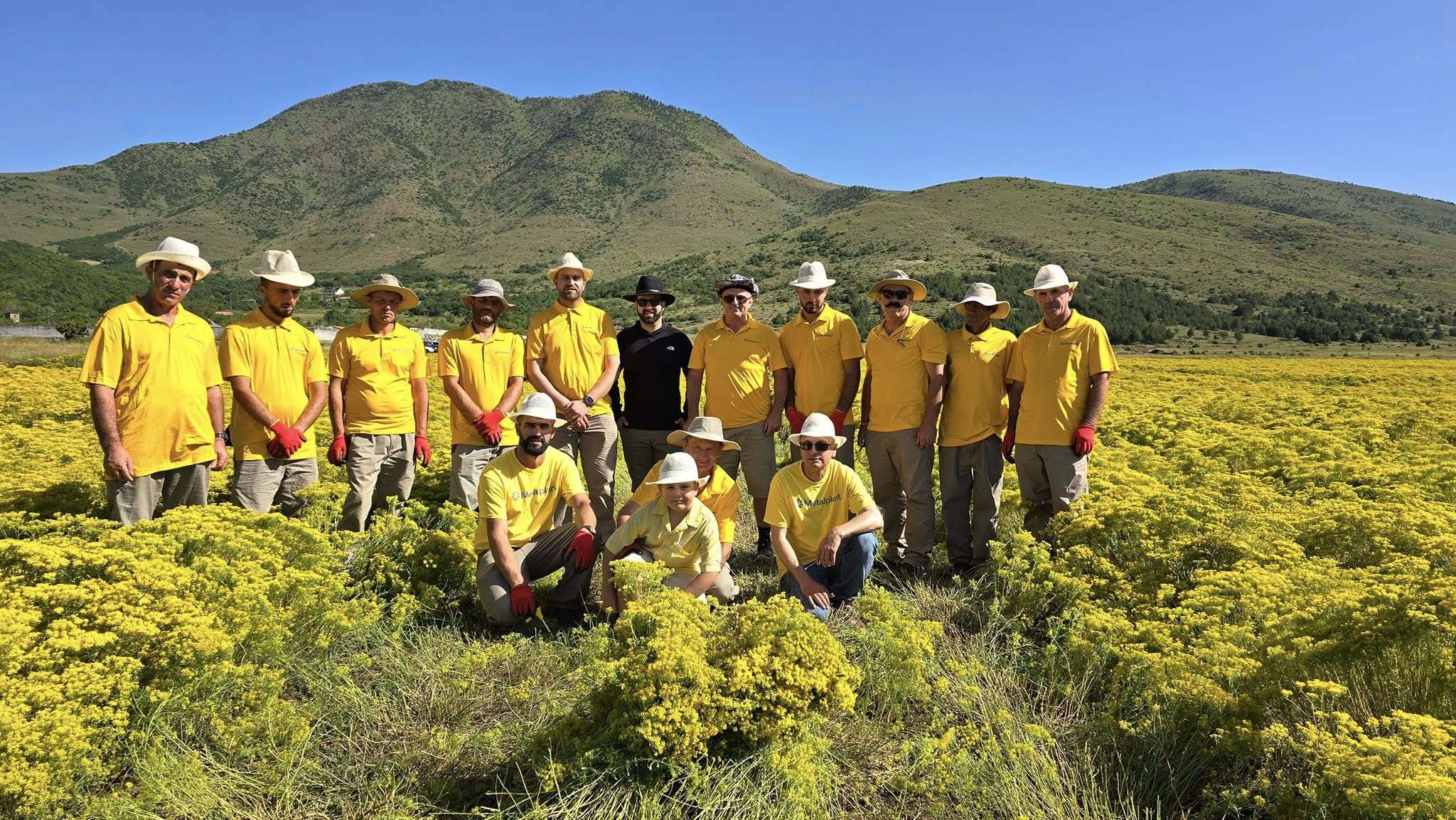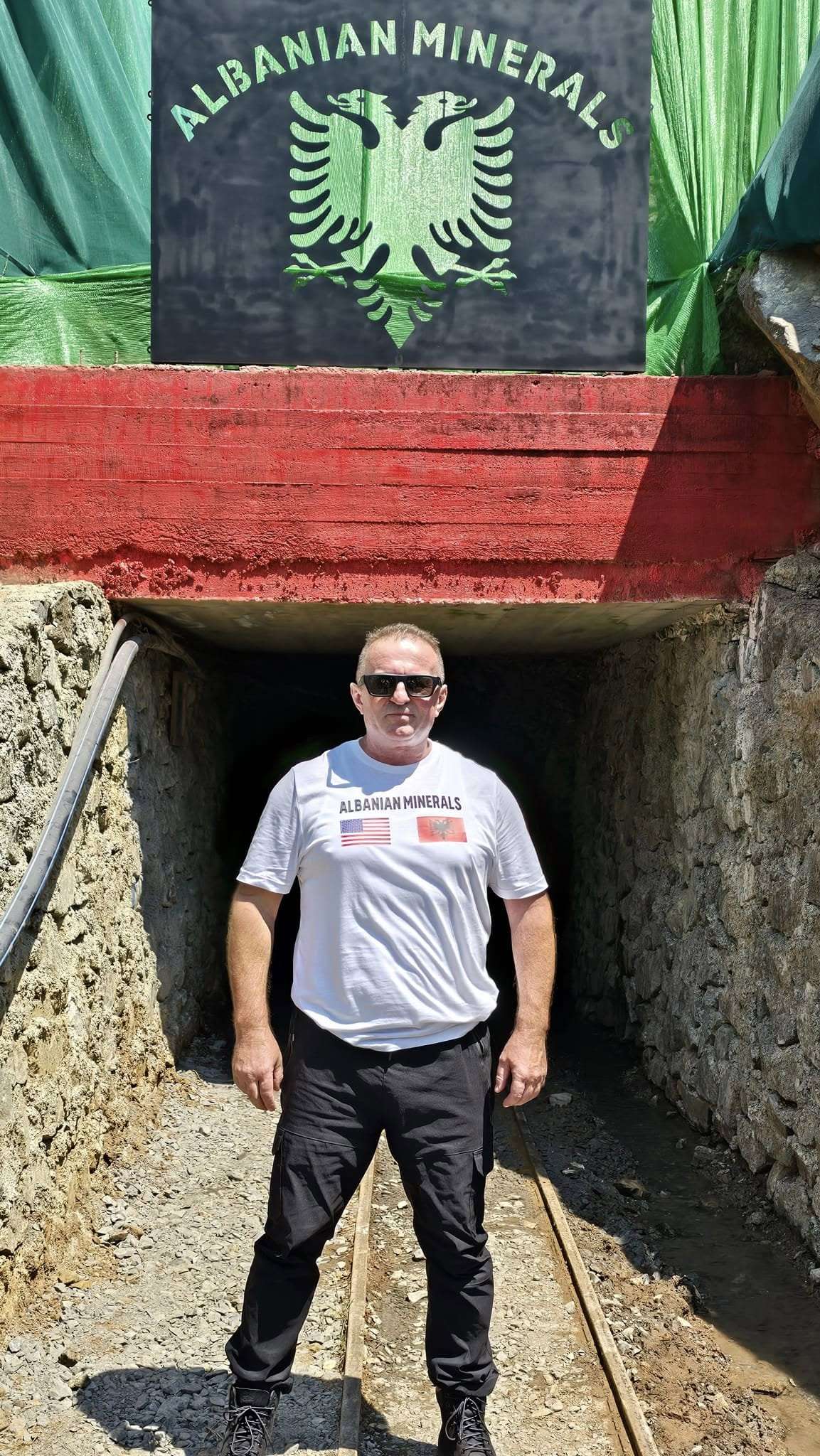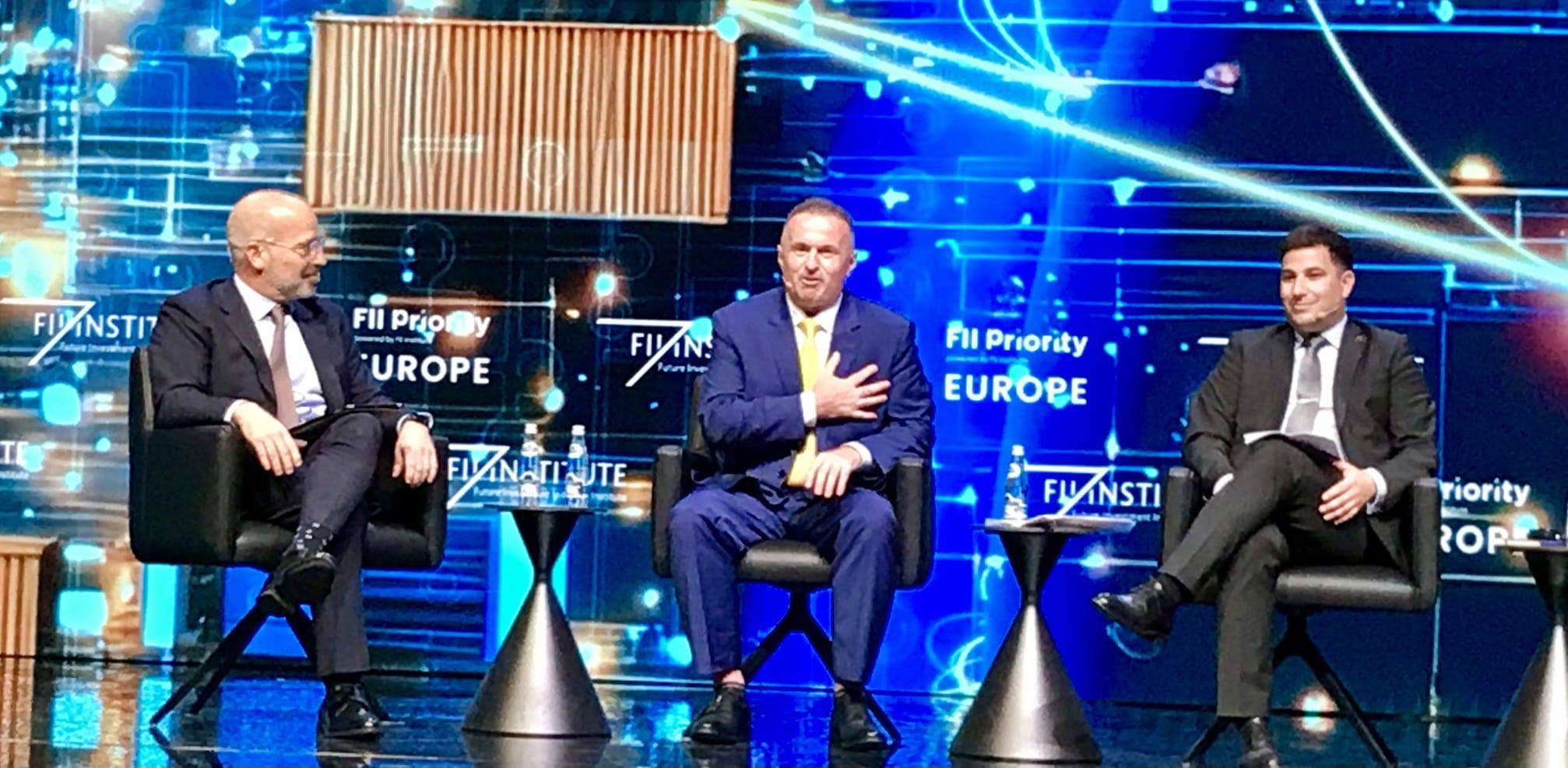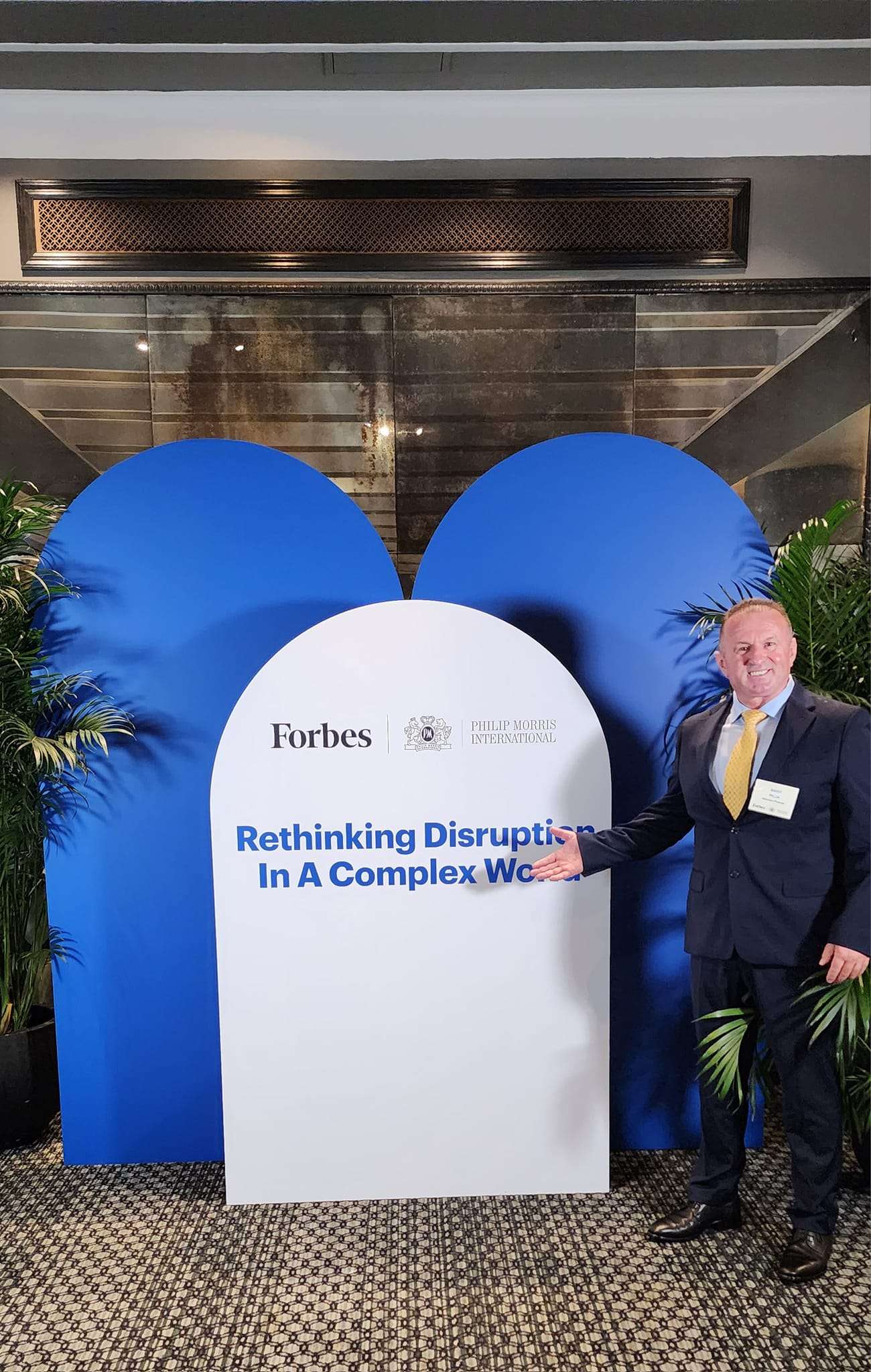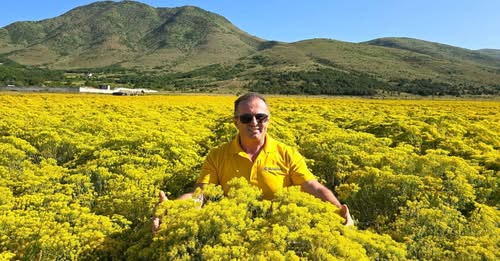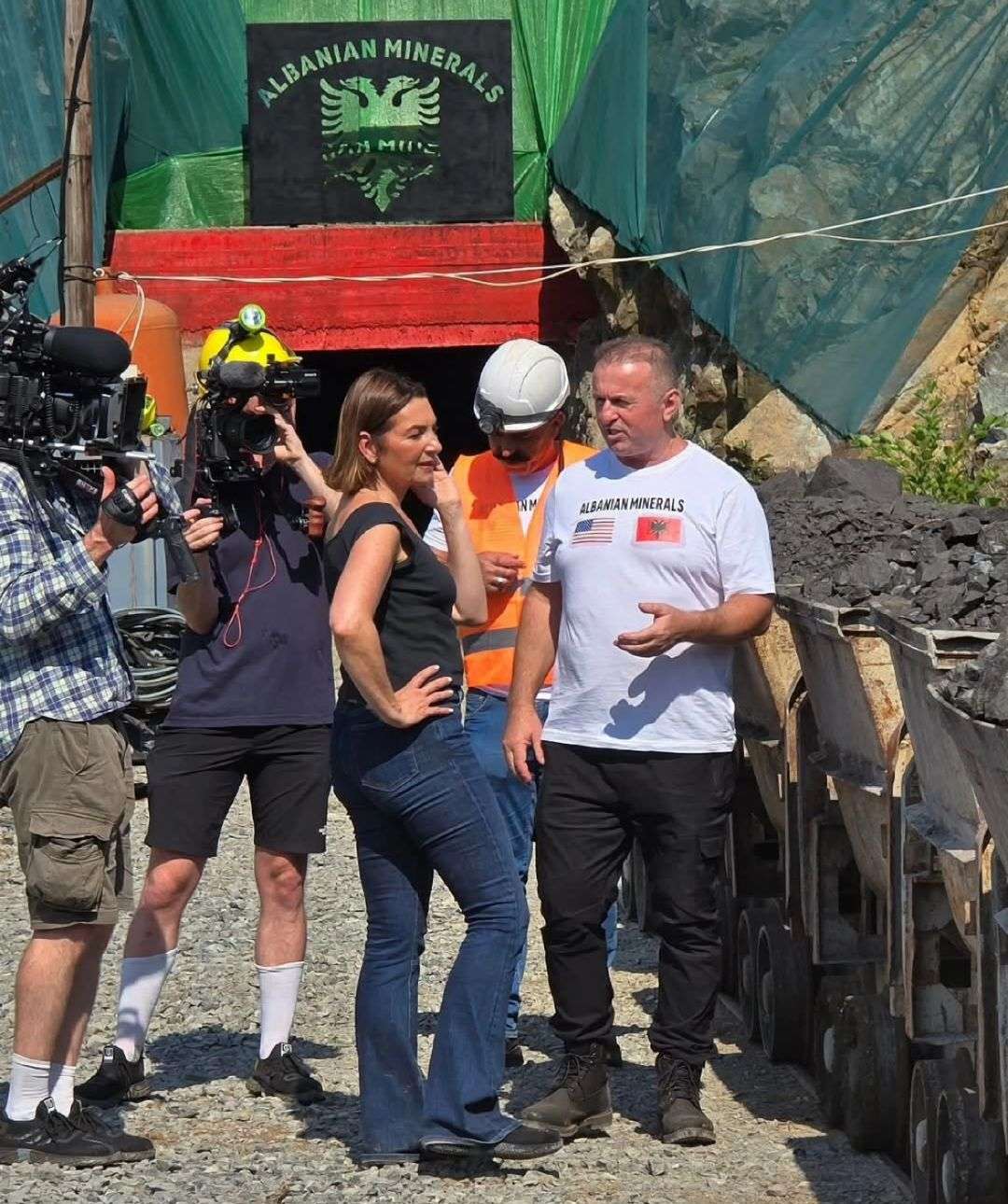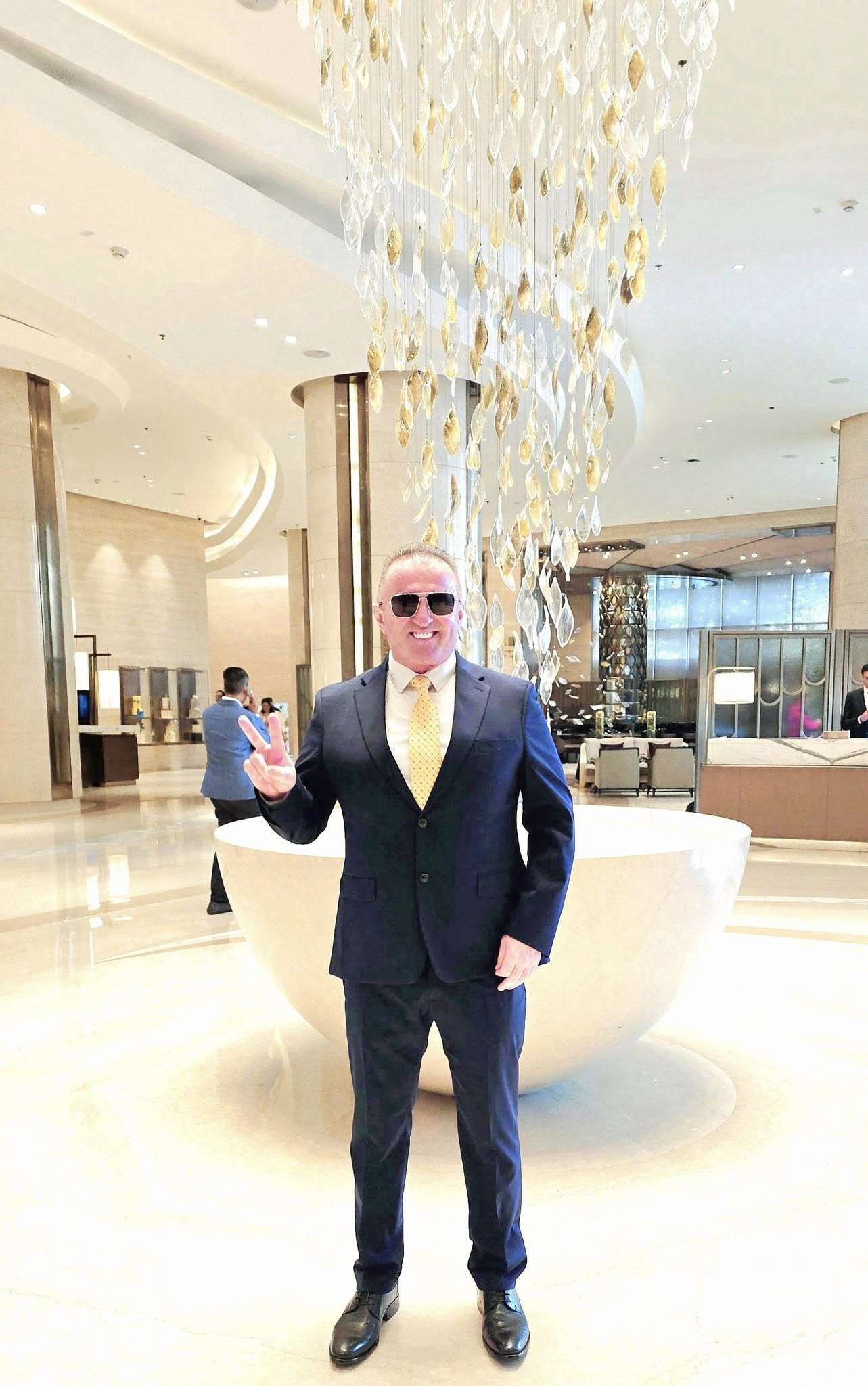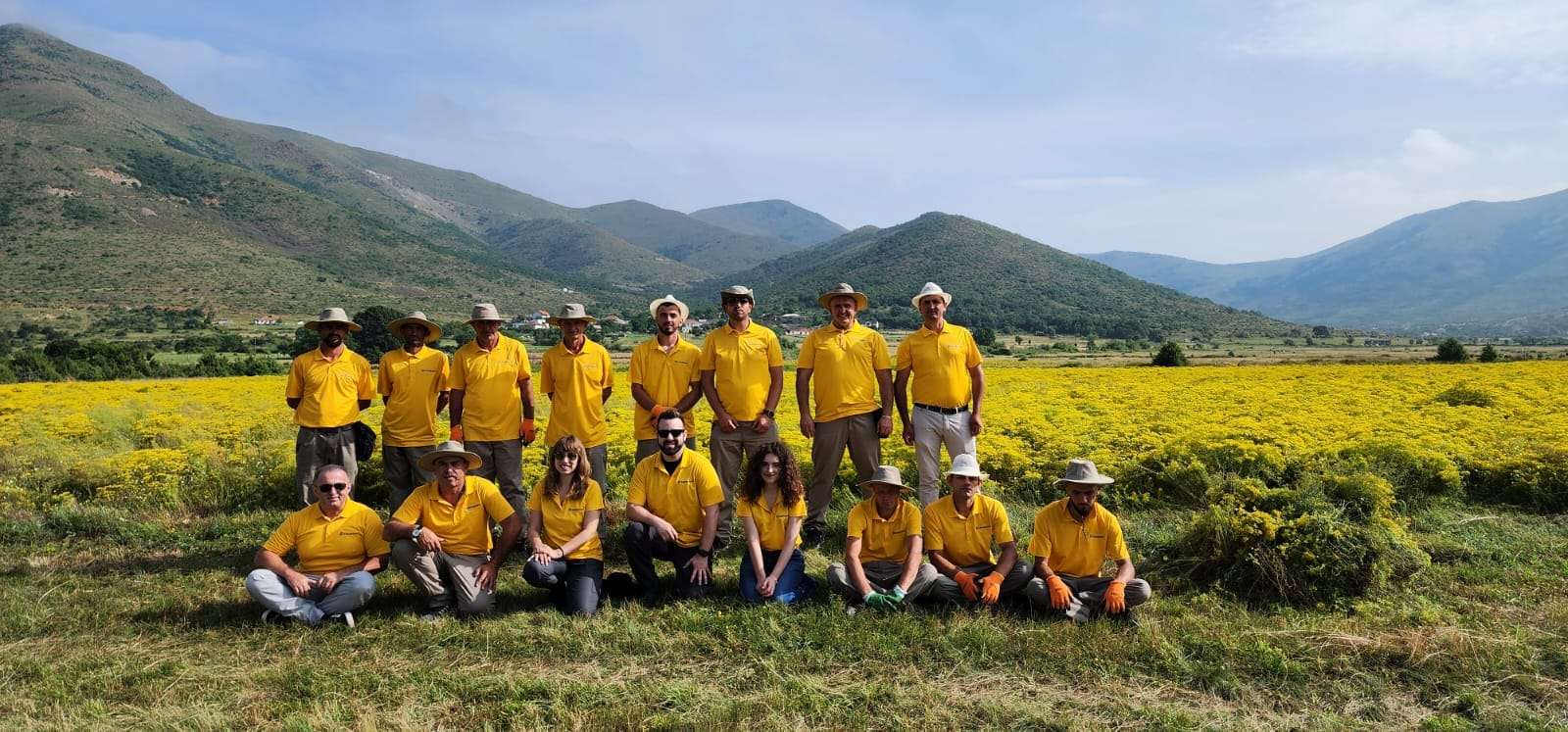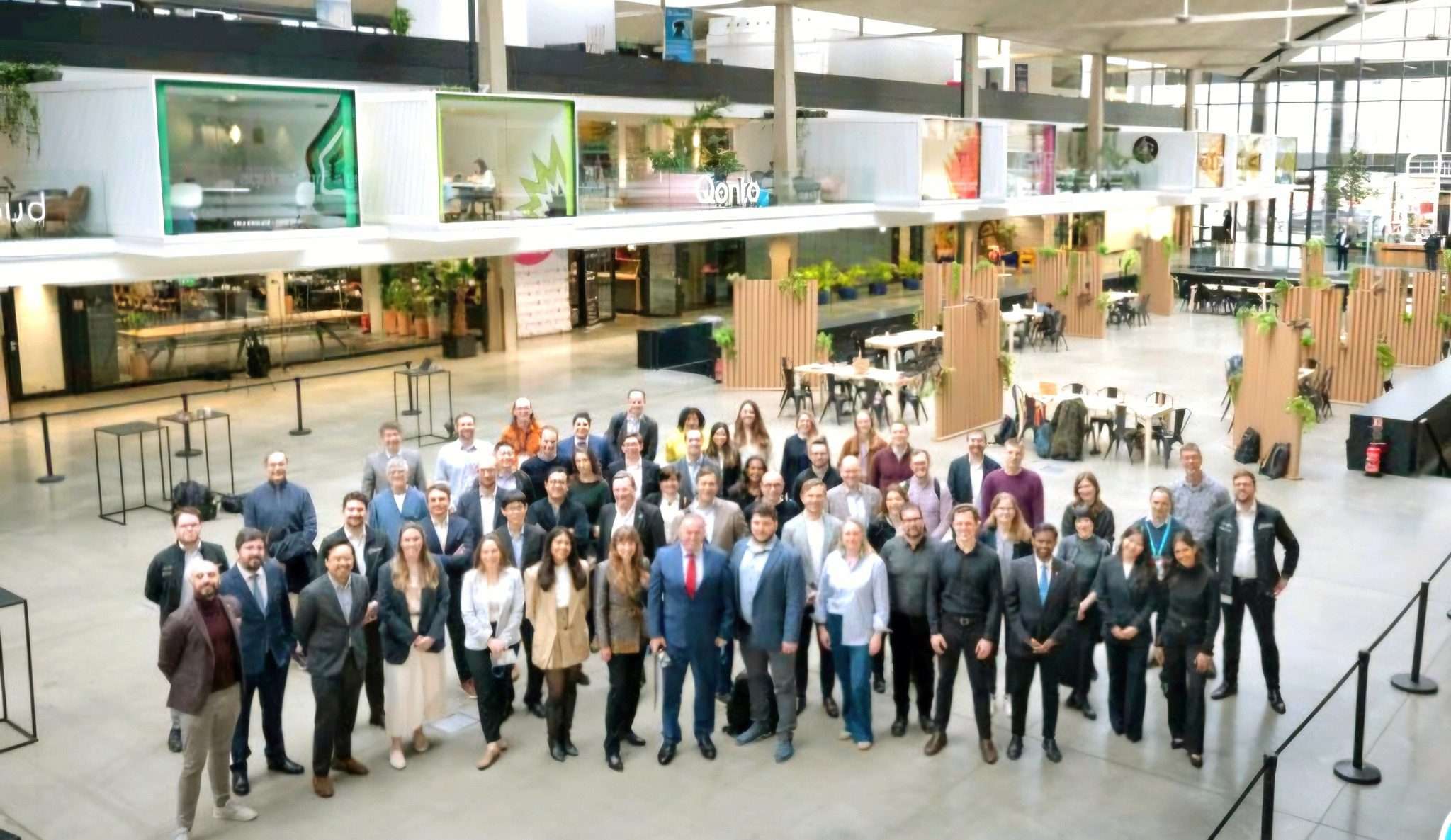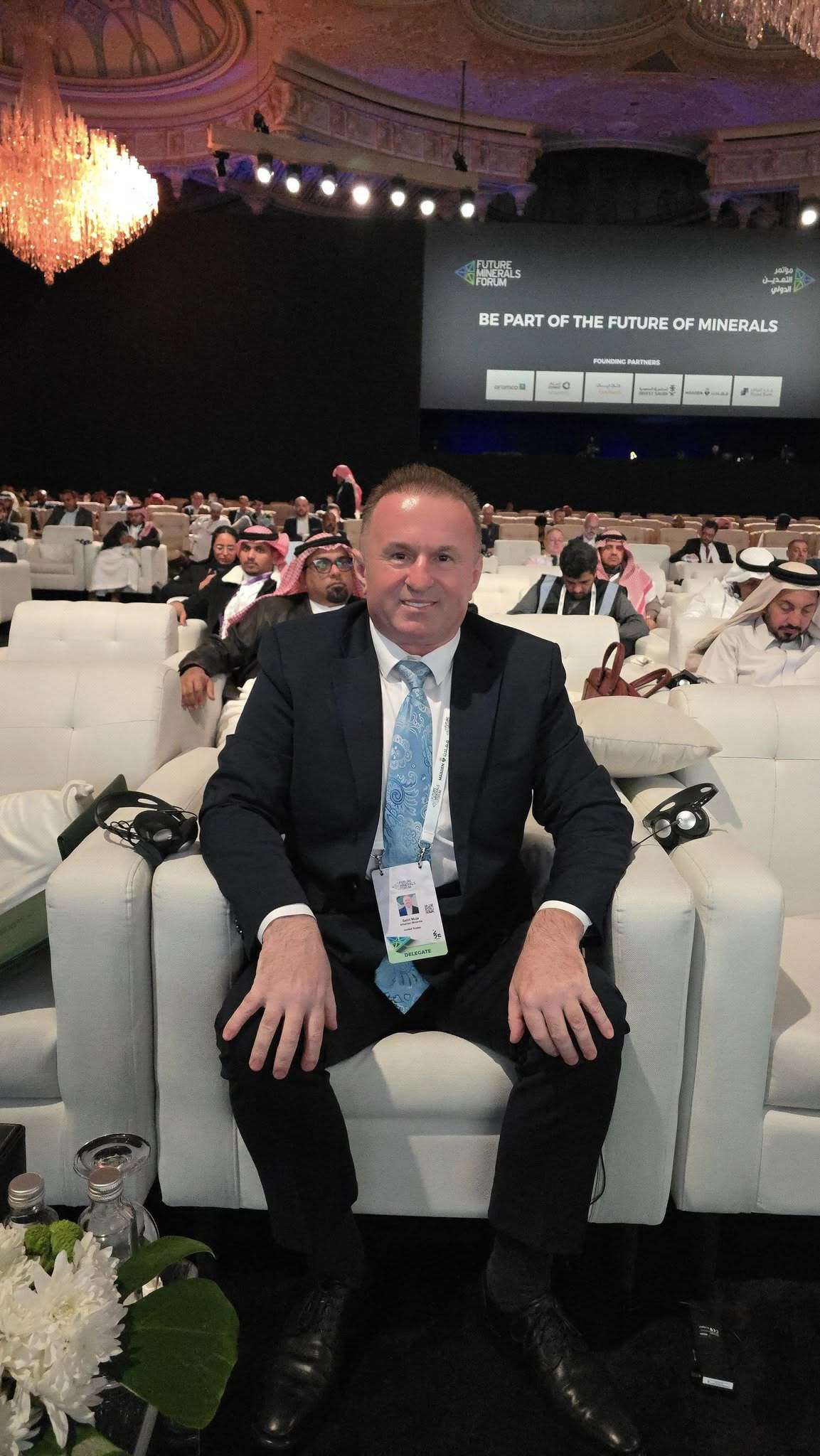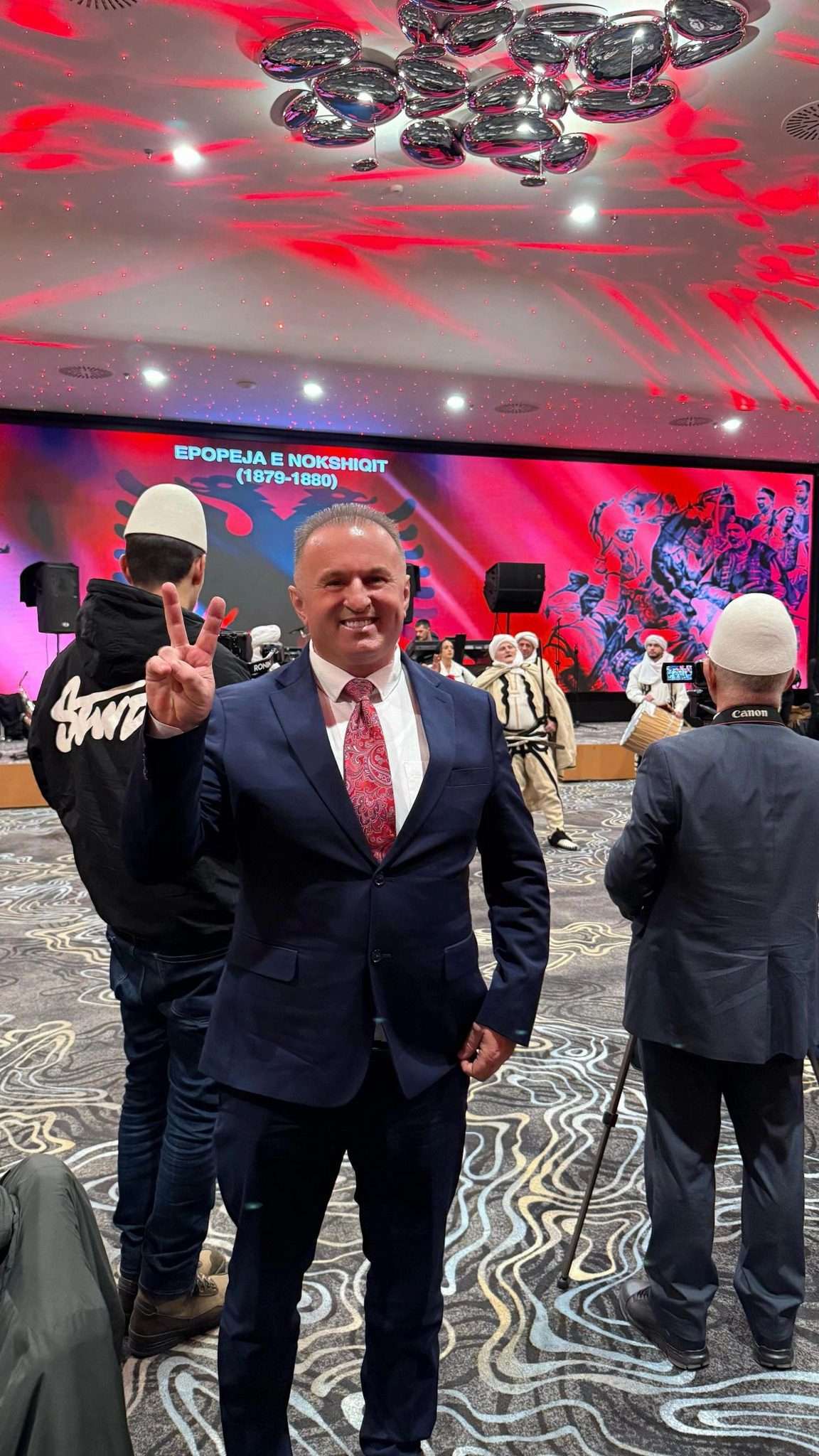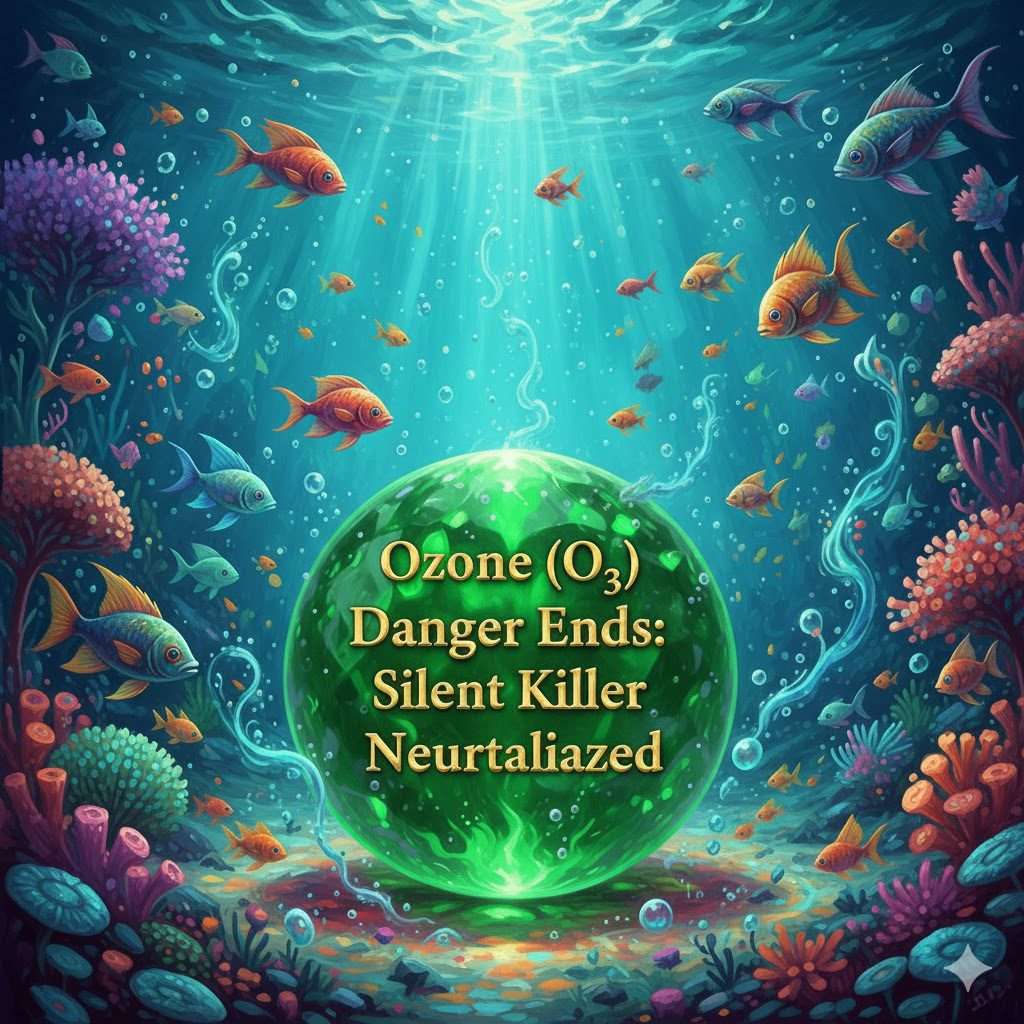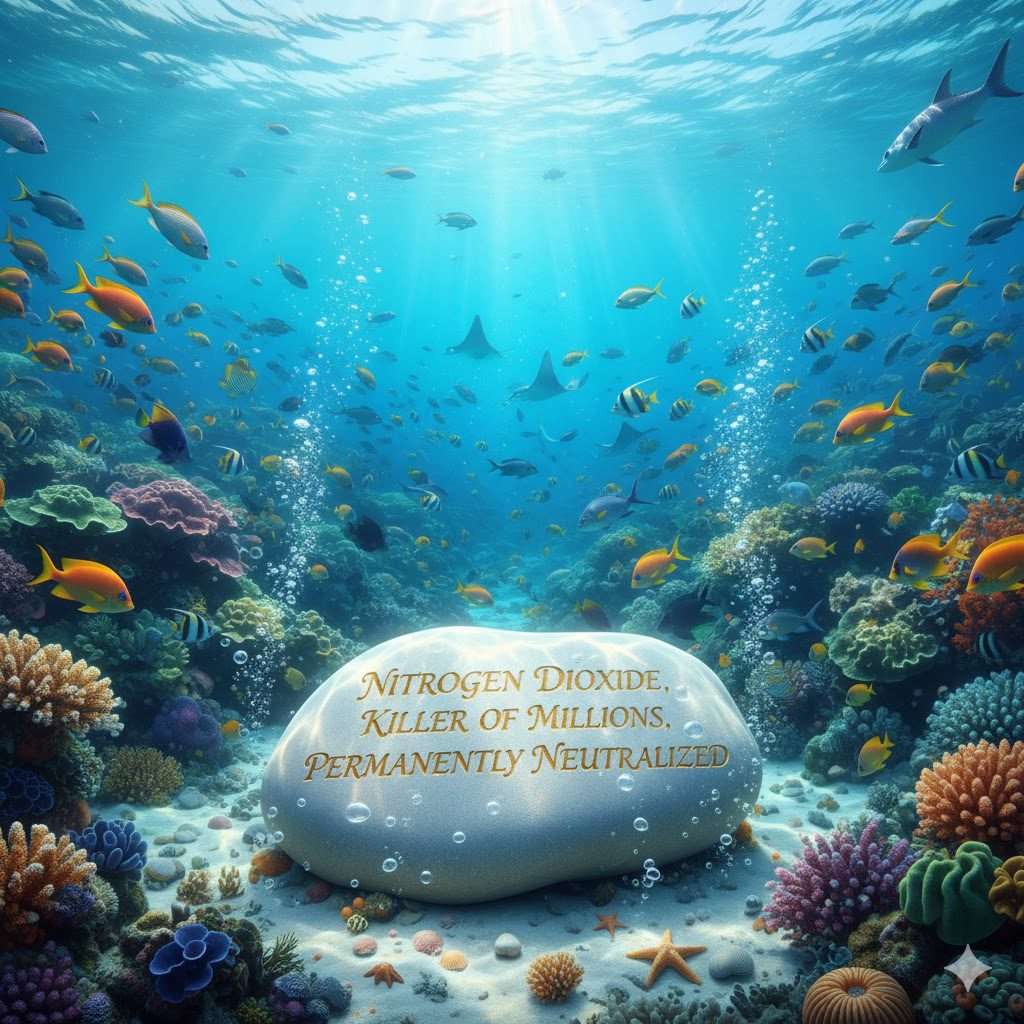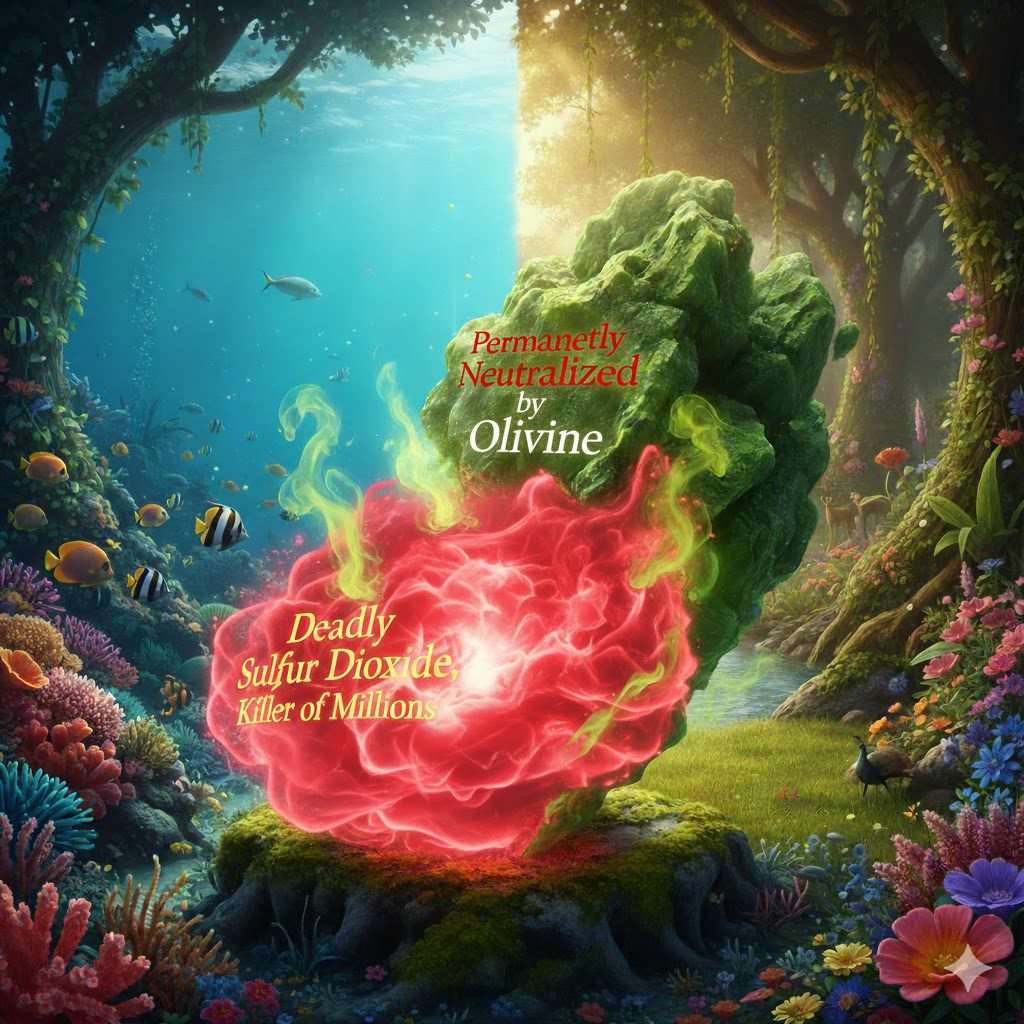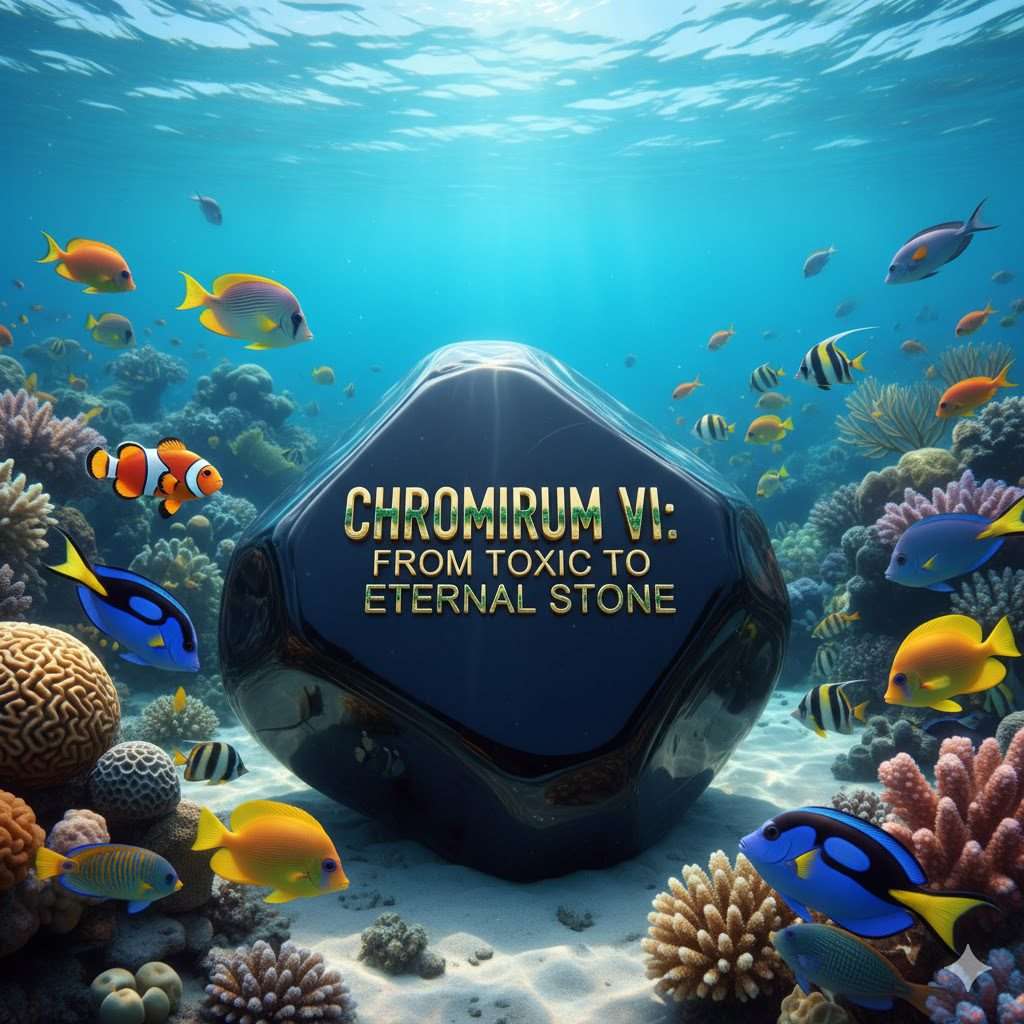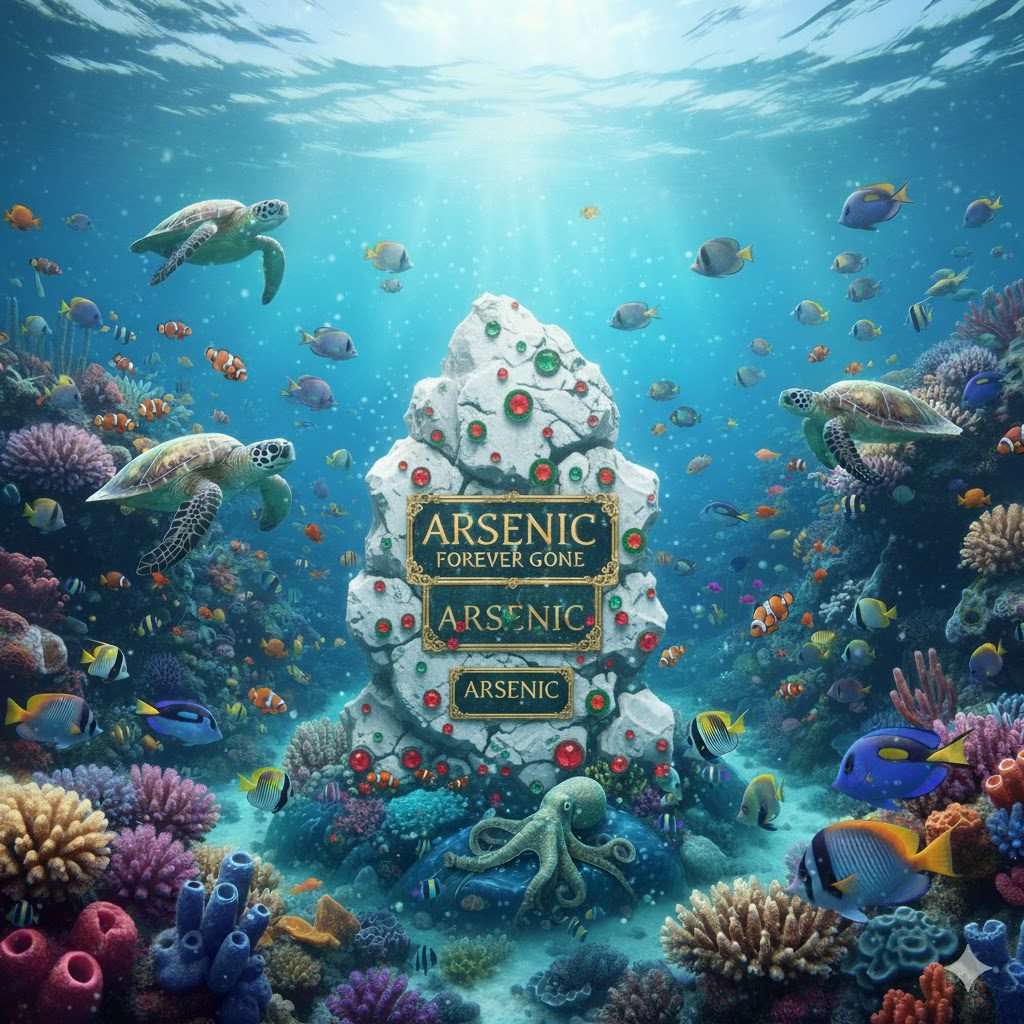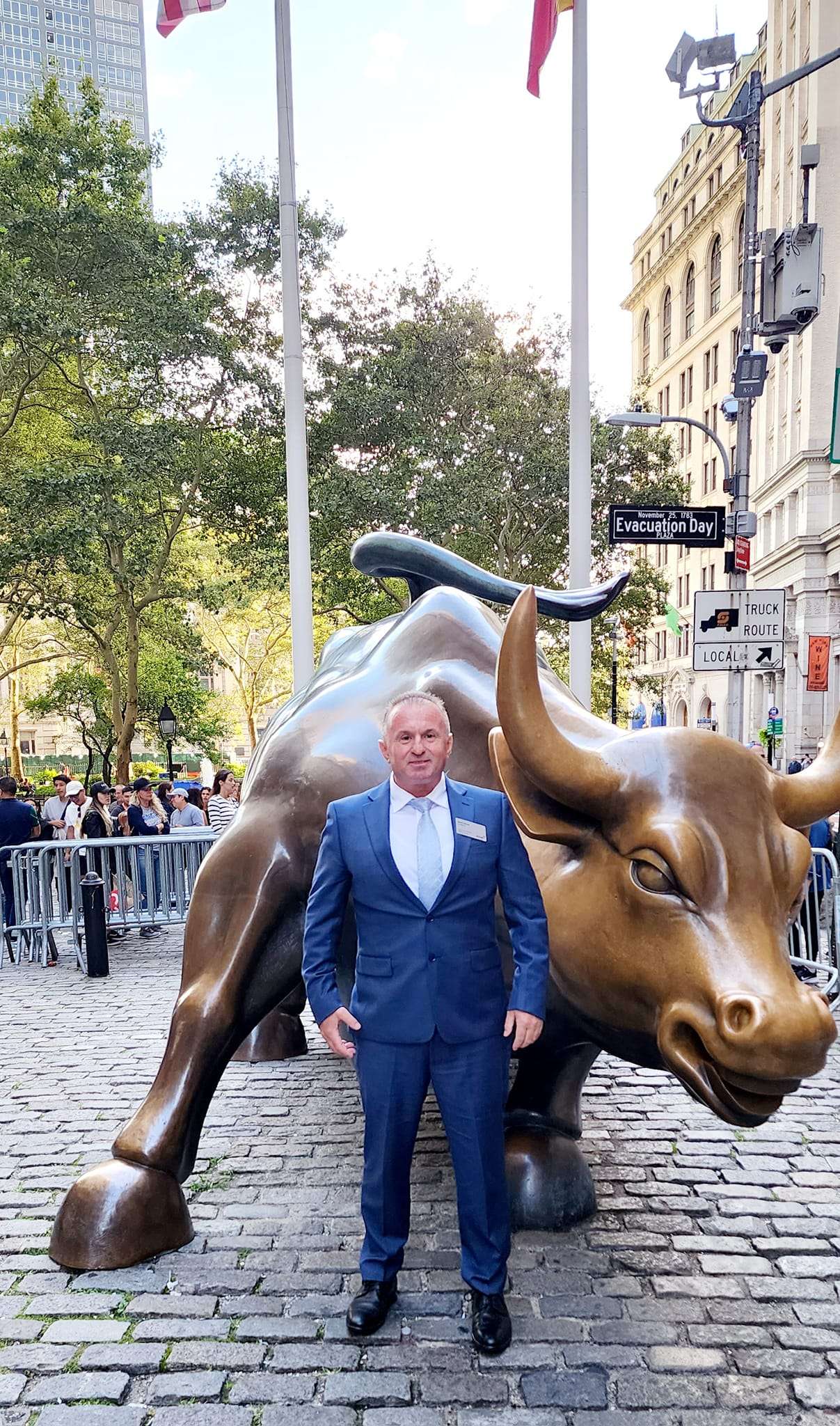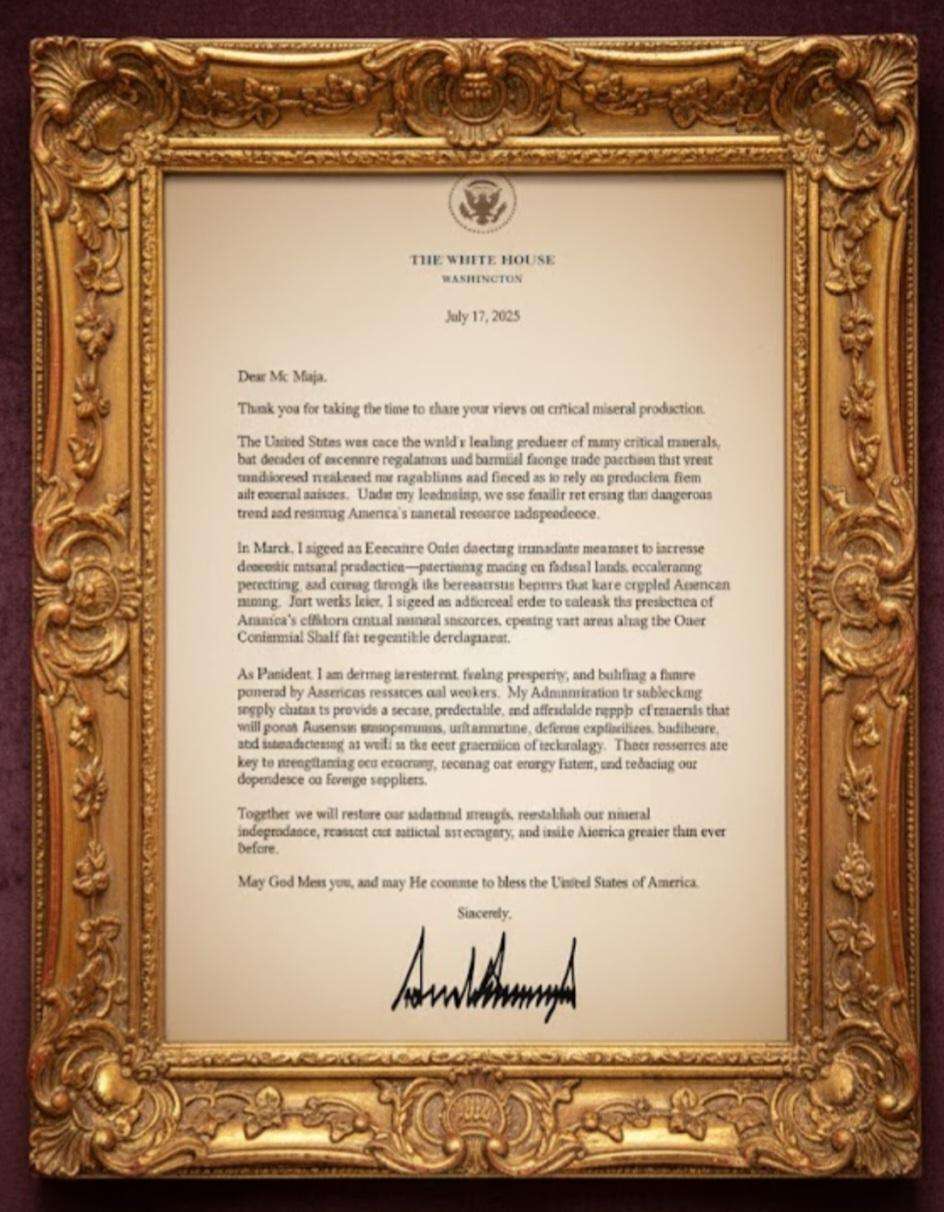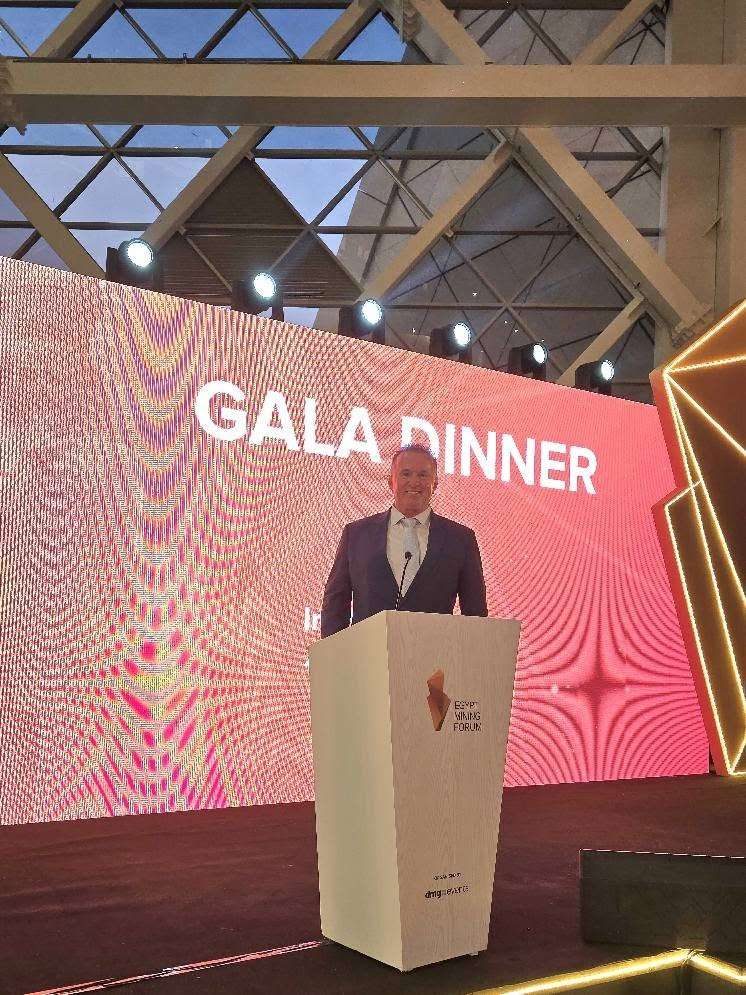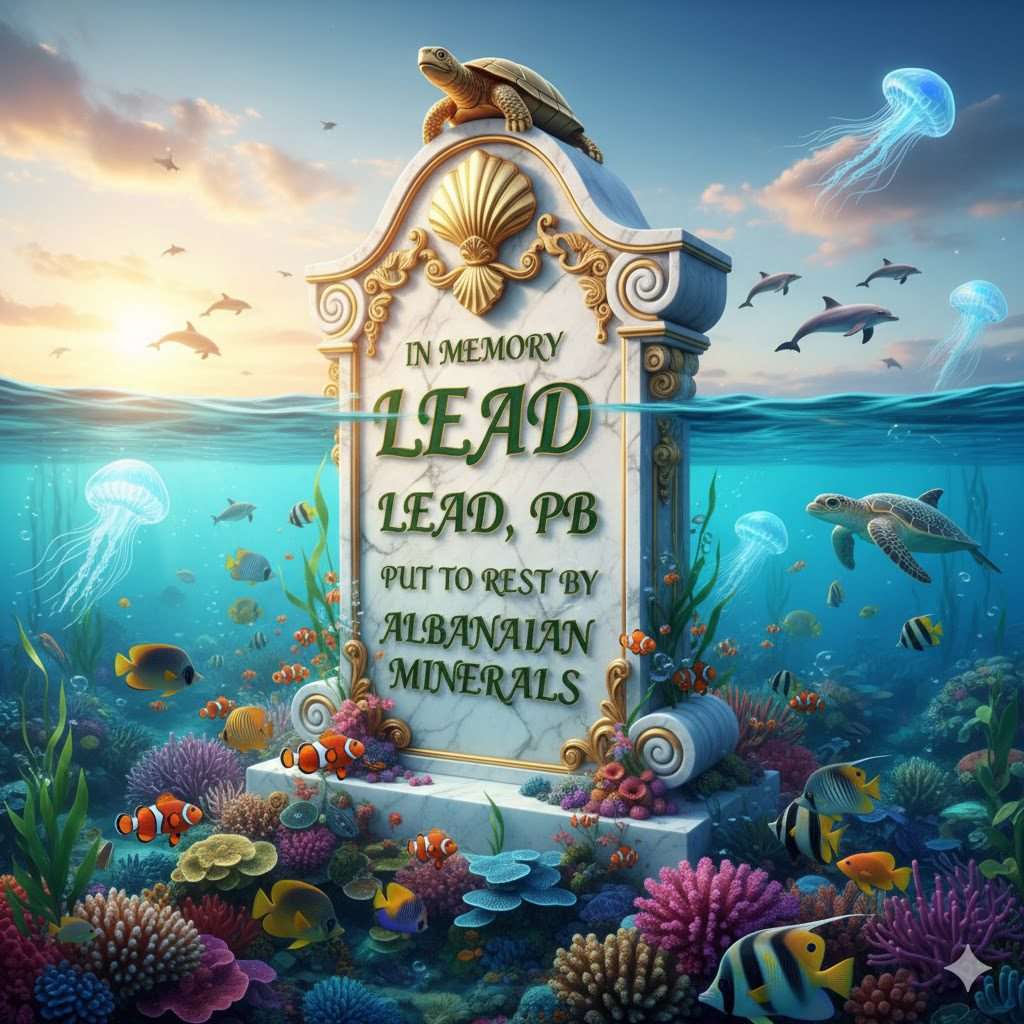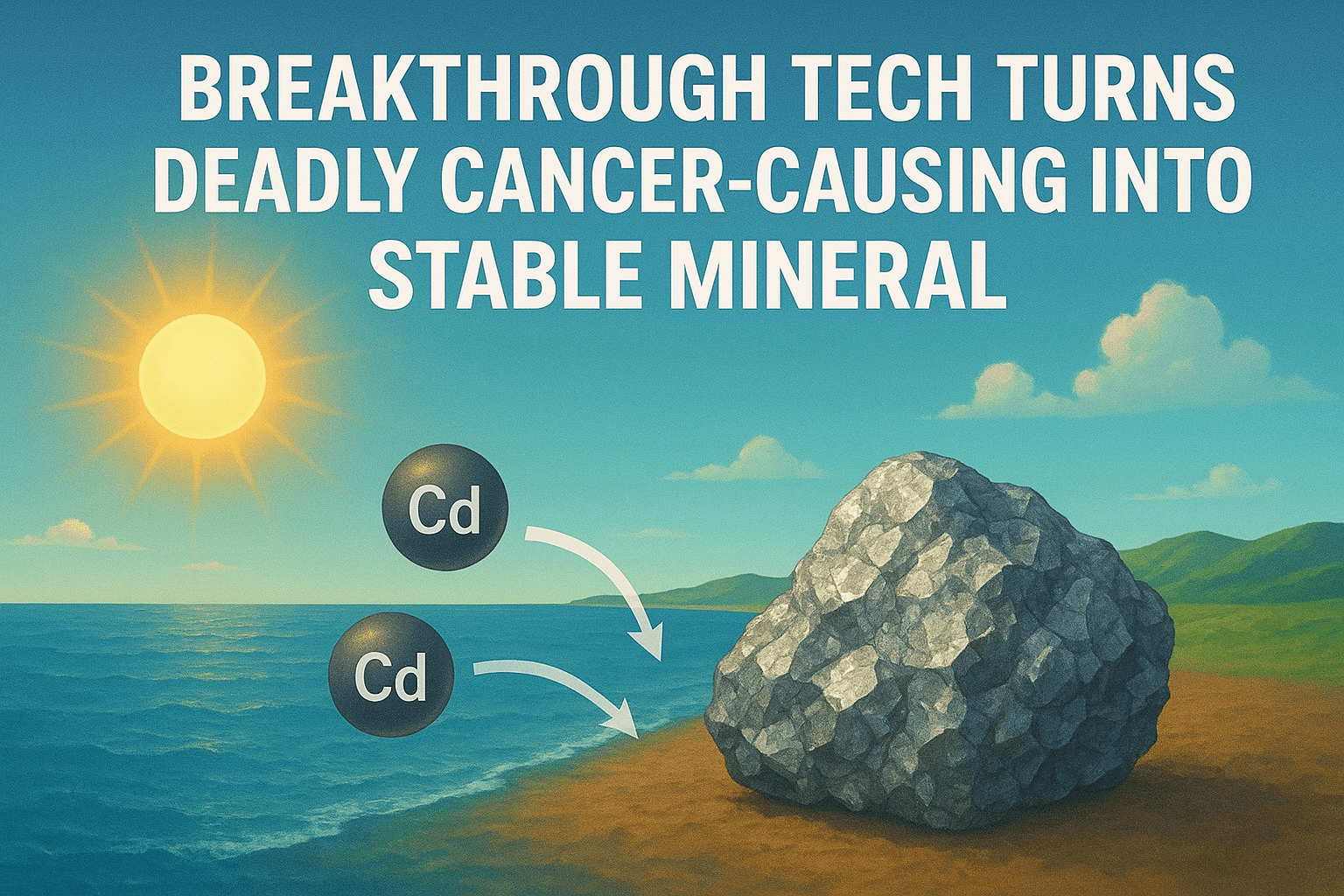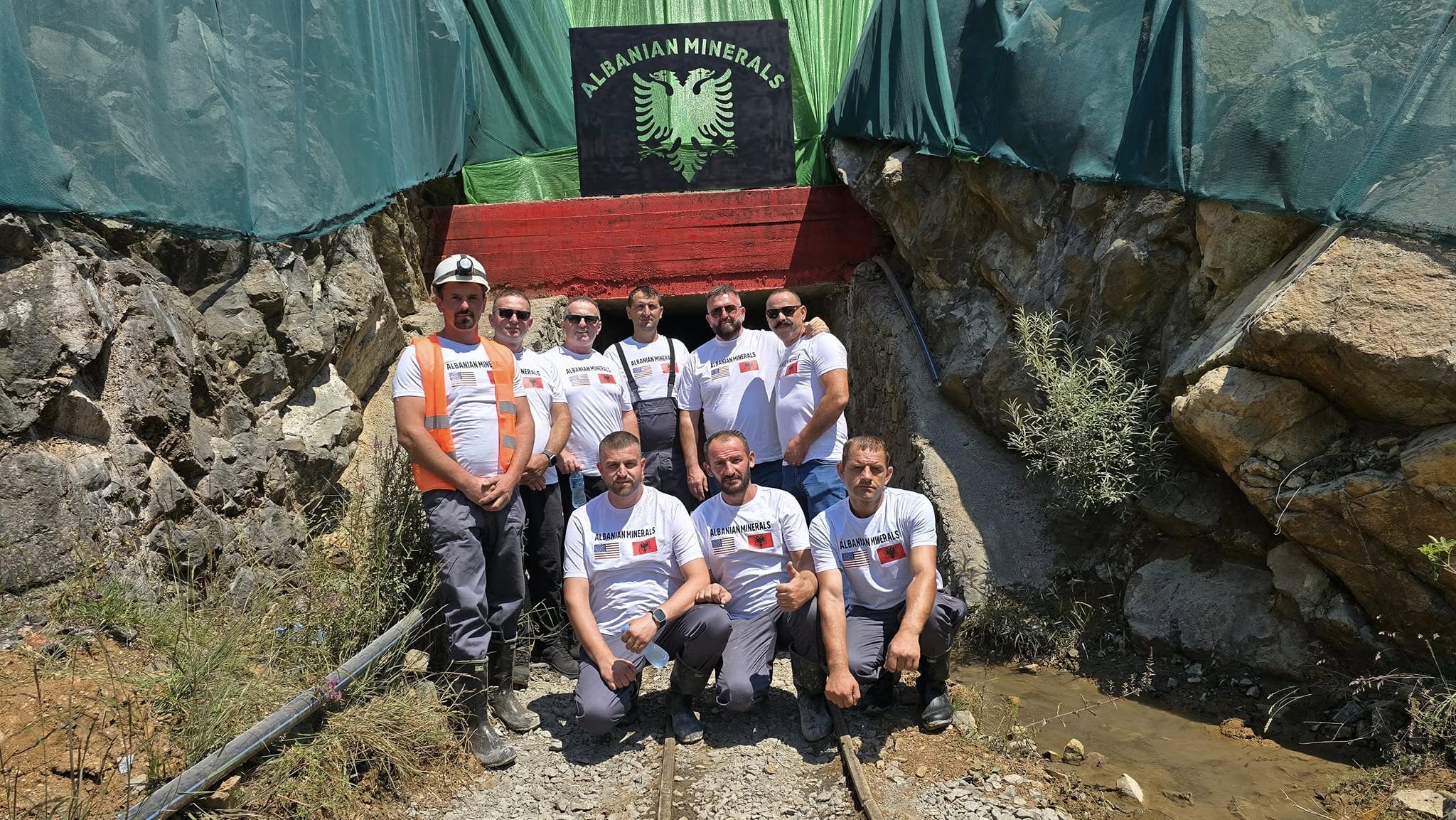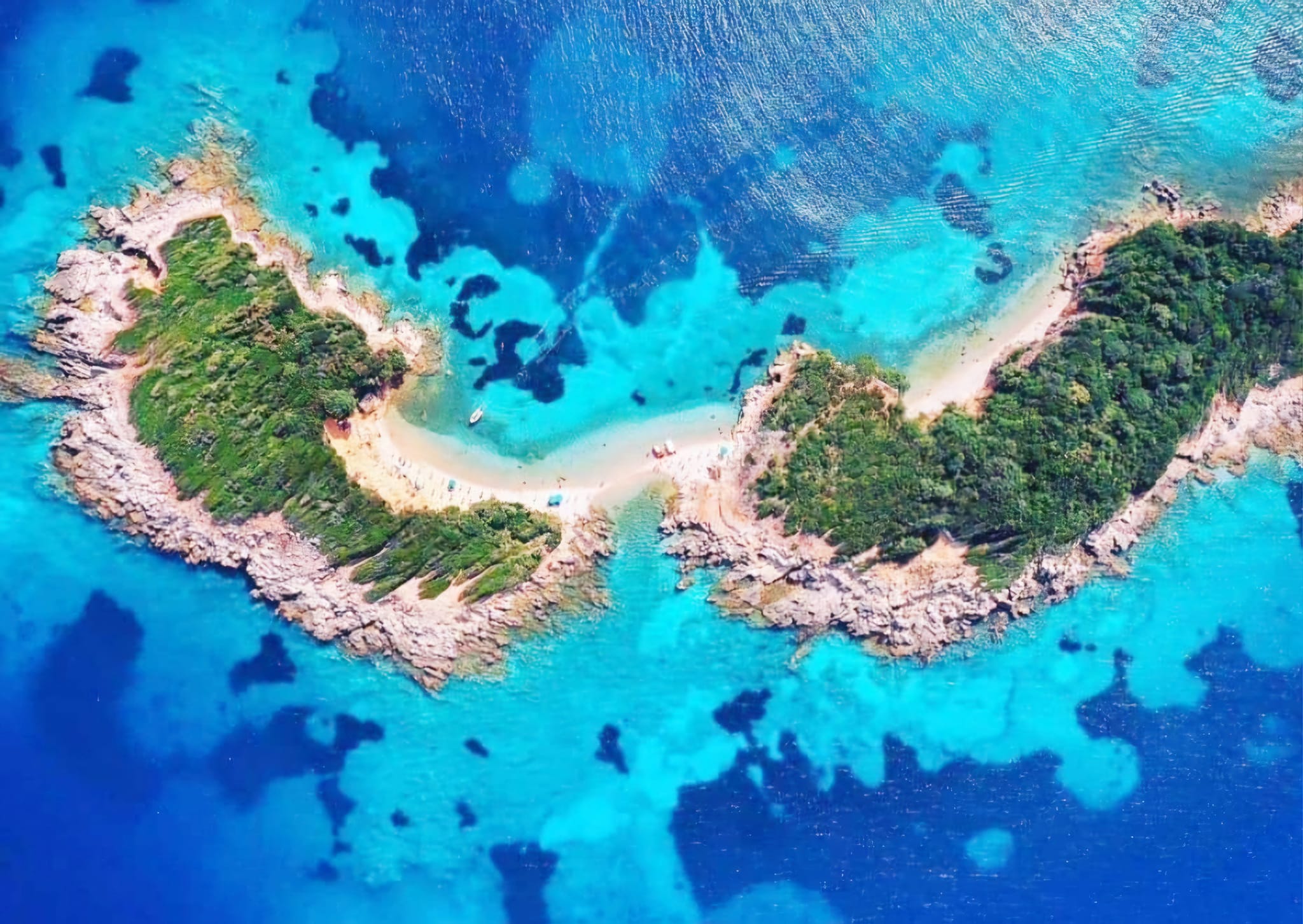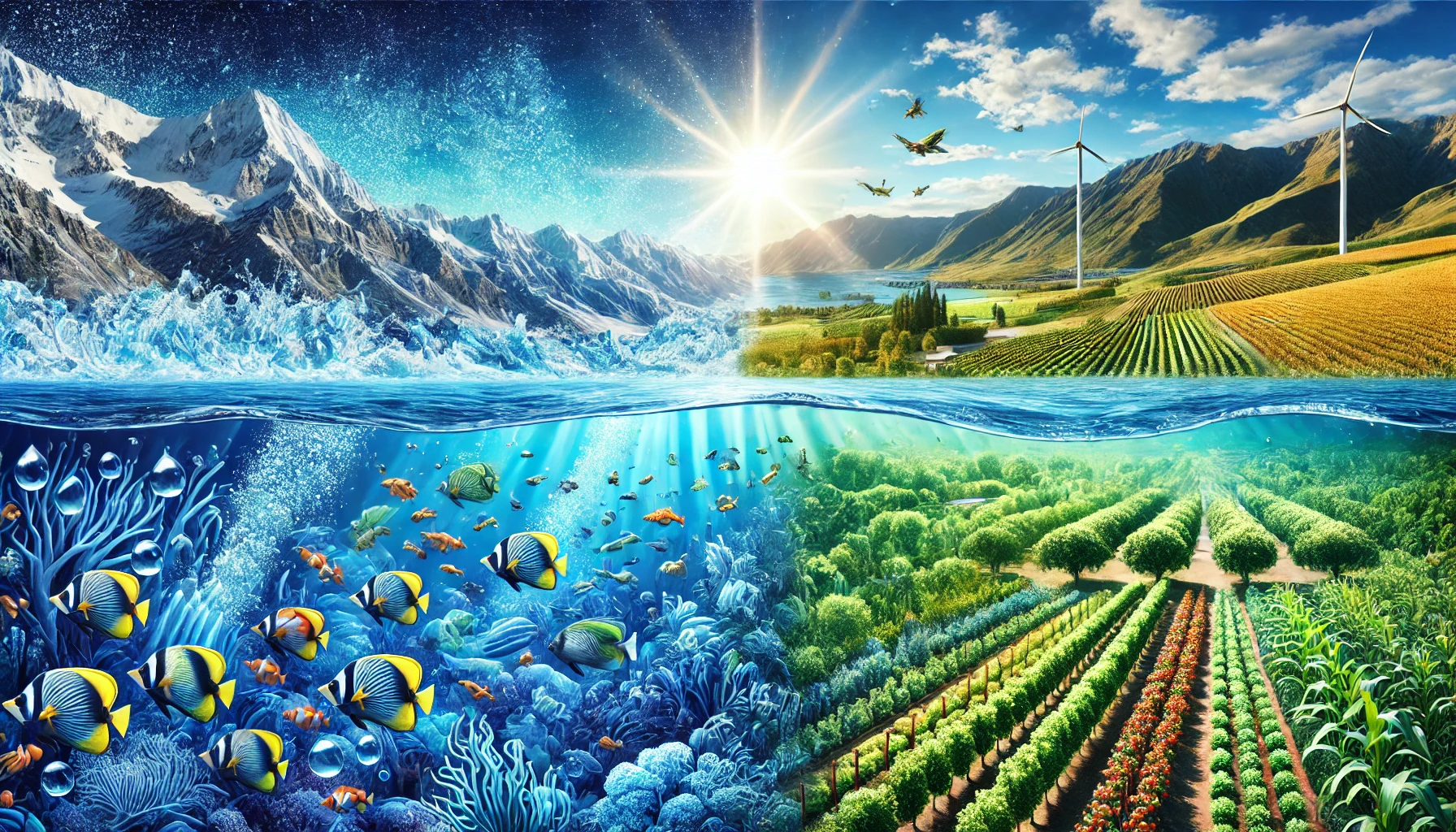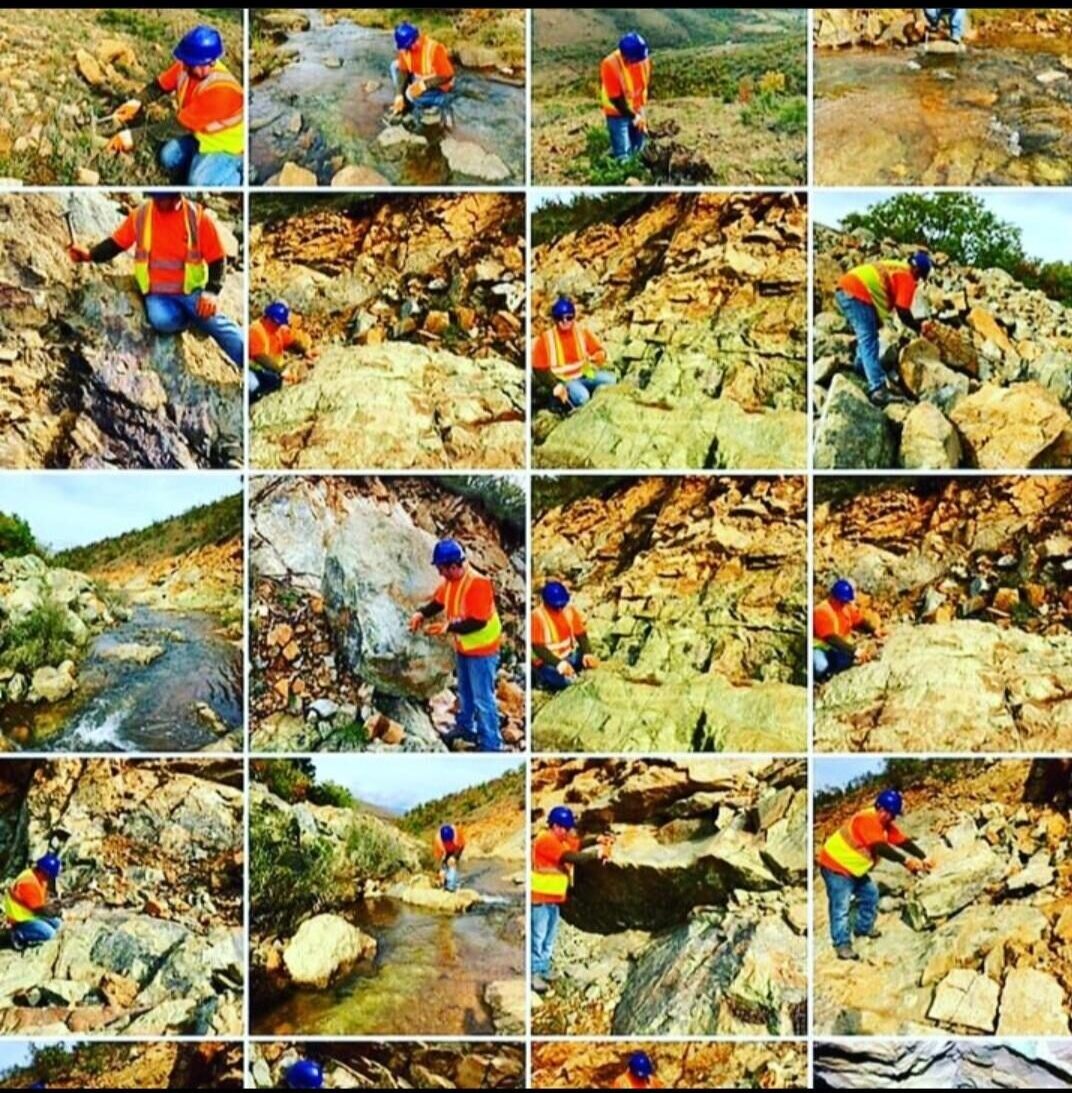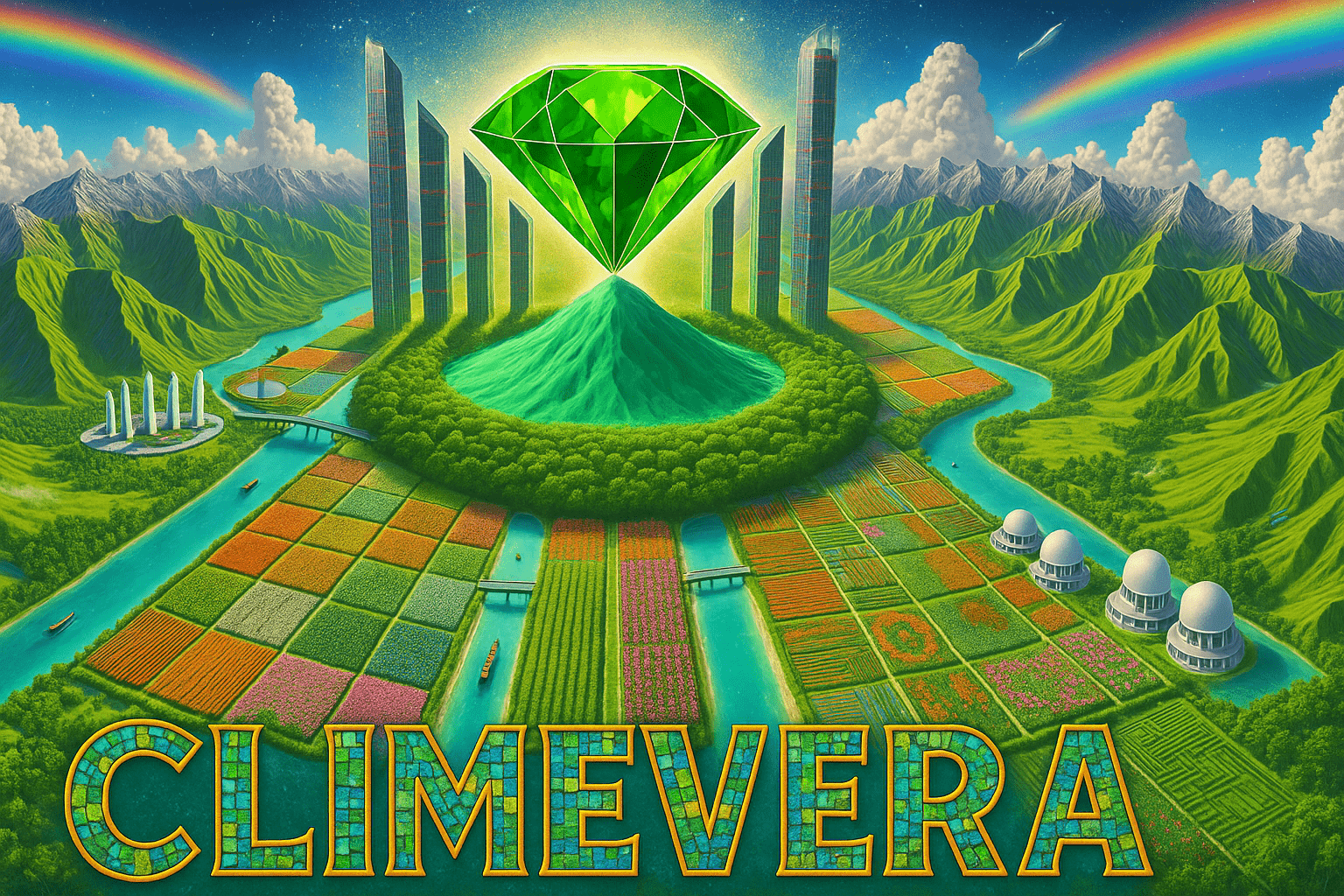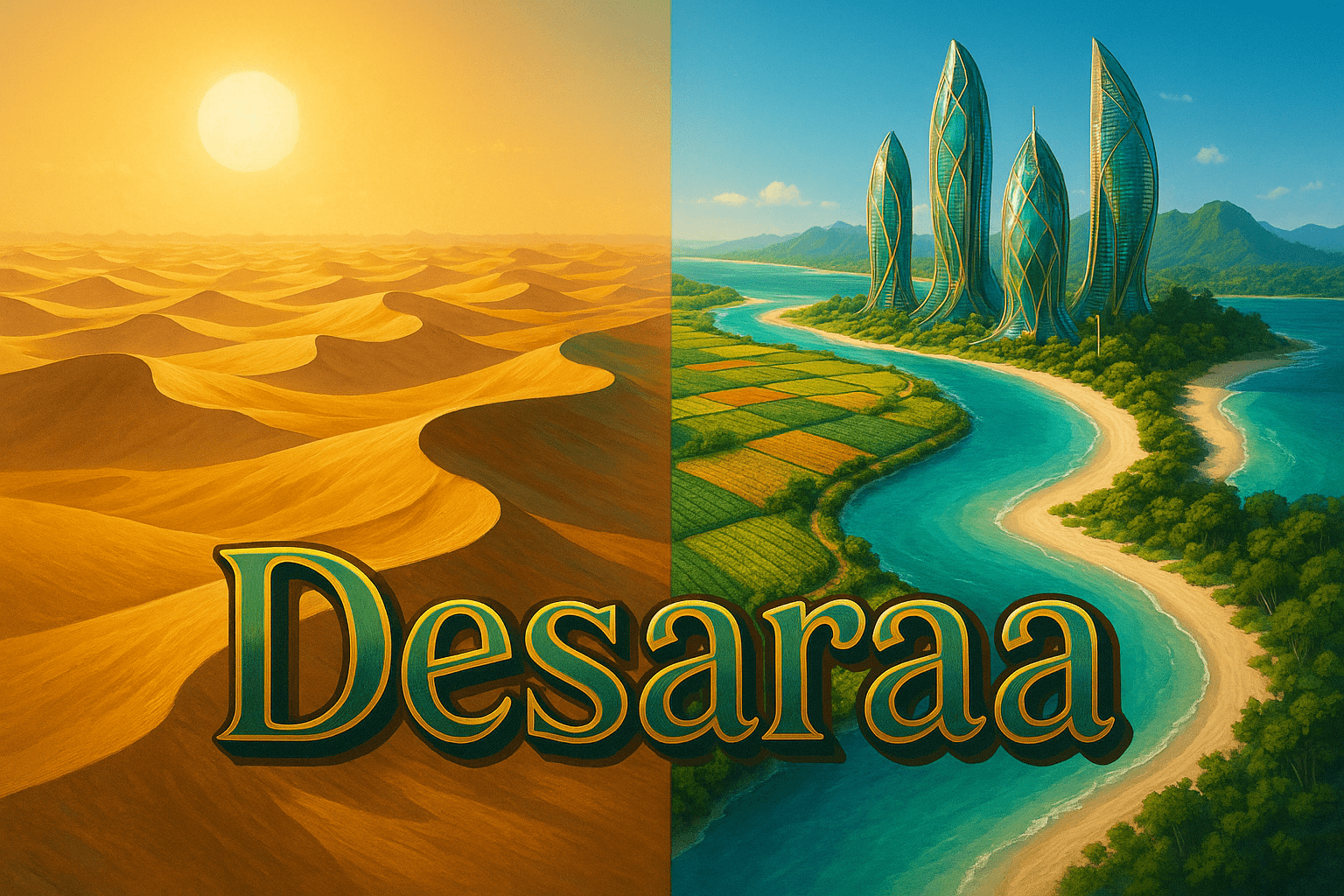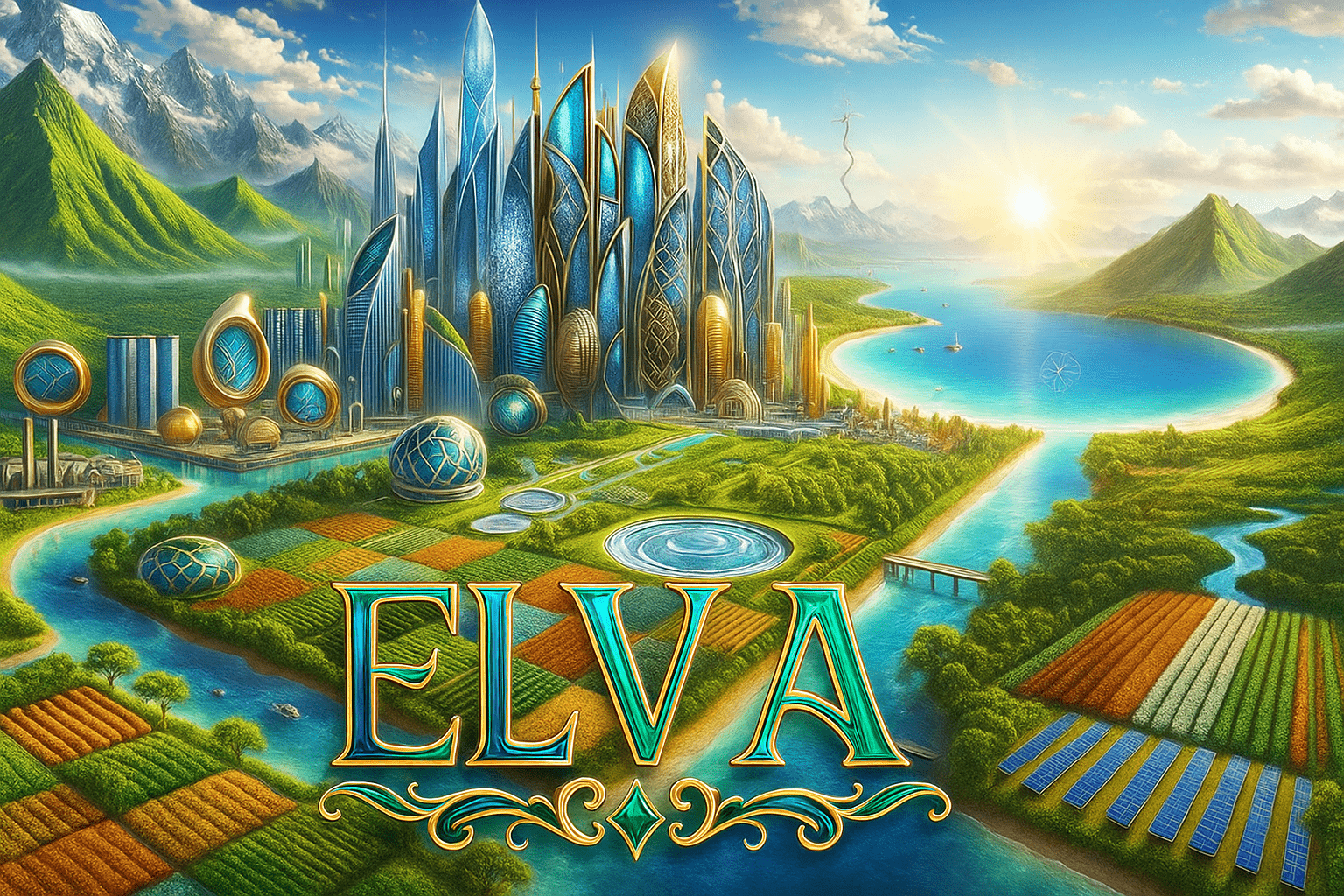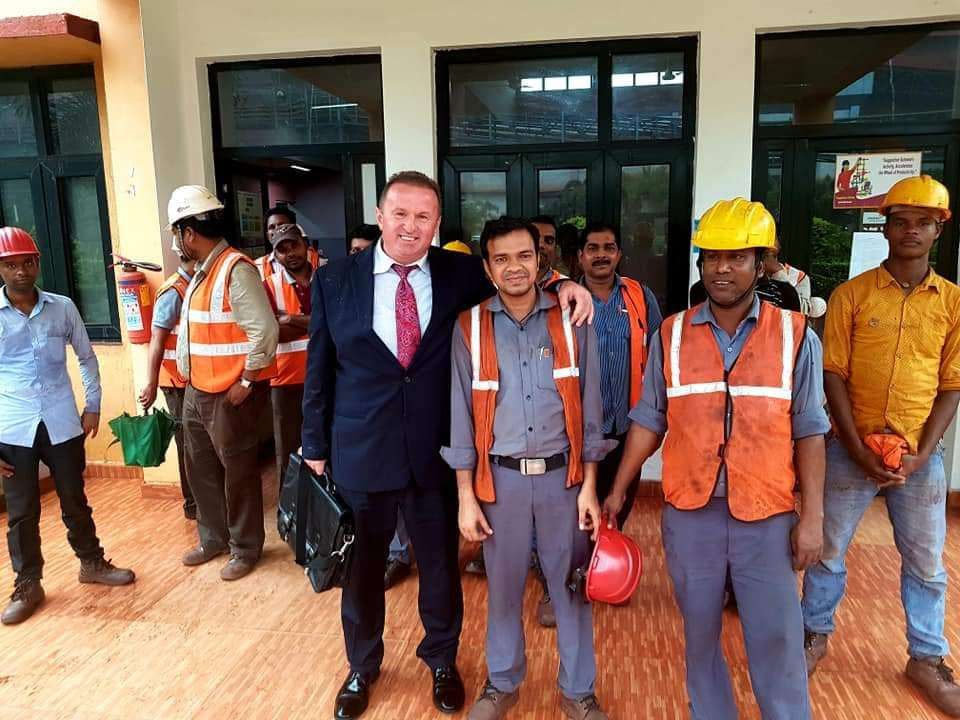
In the intricate intersection of capital and conscience, few figures navigate with as much vision and authority as Sahit Muja, the Albanian-American industrialist and CEO of Albanian Minerals, whose enterprises span continents yet are united by a single, audacious ambition: to align industrial growth with the regeneration of the planet. This autumn, Muja traveled to India, moving through the bustling corridors of New Delhi, Mumbai, and Hyderabad, engaging with industrial leaders, policymakers, and technocrats. His mission was at once practical and profound: to forge partnerships that would marry economic development with ecological restoration. For Muja, India represents more than a market opportunity; it is a crucible for innovation and a vital collaborator in a global strategy for planetary healing. He notes that investing in India has long been a cornerstone of his vision, drawn by the country’s scale, ingenuity, and the sheer potential of its human capital.
India, home to more than 1.47 billion people, stands as one of the most dynamic economic landscapes in the world. Its industrial ecosystem stretches from the mineral-rich regions of Odisha to the technology hubs of Bengaluru, a testament to its youthful population and entrepreneurial energy. The country’s growth is underpinned by a complex mineral economy, requiring imports of crude oil, copper, aluminum, phosphates, nickel, and other essential elements, despite significant domestic production. These resources flow from diverse geographies, spanning the deserts of Saudi Arabia and the oil fields of Iran to the mines of Chile, Indonesia, and Canada, forming an intricate web of intercontinental trade that fuels India’s manufacturing, infrastructure, and energy sectors. Rising urbanization, expanding affluence, and government initiatives like Make in India enhance the country’s investment climate, attracting long-term investors who see in India not only financial return but strategic significance. For Muja, India embodies both profit and purpose, an environment in which industrial ambition and environmental responsibility can coexist.
Where most industrialists perceive risk and scarcity, Muja sees an opportunity for planetary-scale transformation. His work is centered on magnesium olivine, a mineral abundant in Albania, whose properties he and his teams have harnessed to neutralize toxins and restore ecological balance. Albanian Minerals has developed technologies that convert industrial pollutants—including heavy metals, toxic gases, and degraded soils—into inert, stable minerals. These processes require no external energy; they rely instead on the natural forces of sunlight, rainfall, and oceanic motion, leveraging the inherent chemistry of the planet itself. Carbon dioxide, sulfur dioxide, nitrogen oxides, and other atmospheric pollutants are sequestered or neutralized. Cadmium, lead, mercury, arsenic, and other heavy metals are stabilized, preventing further ecological or human harm. Soils and waters are enriched, pH levels balanced, and desertified landscapes rejuvenated. In Muja’s vision, pollution is not a liability but a resource—a raw material for industrial and ecological innovation alike.
At the heart of this transformation lies magnesium, an element essential to life. It fuels photosynthesis, governs cellular energy, stabilizes the heart and nervous system, and supports immunity. Magnesium olivine, Muja explains, can restore these functions at scale, converting environmental degradation into regenerative processes. Each ton of olivine deployed permanently sequesters carbon, neutralizes acidity, detoxifies water, and enriches soil fertility. Industrial waste becomes industrial wealth. Crisis becomes creation. The mineral acts as both catalyst and cornerstone, bridging the gap between natural systems and human industry.
Muja’s strategy integrates artificial intelligence with the self-organizing power of nature, allowing olivine-based interventions to be deployed intelligently and autonomously across diverse geographies. Algorithms guide where and how minerals are applied, optimizing impact while minimizing human oversight. Once activated, these systems function like living ecosystems: resilient, self-sustaining, and perpetually regenerative. Muja imagines networks of green magnesium installations across oceans, deserts, forests, and urban centers, creating an invisible lattice of ecological repair that operates continuously. In this framework, industrial activity is not a destructive force but a restorative one, and economic growth is directly linked to ecological health.
India’s role in this vision is pivotal. Its industrial scale, technological capacity, and entrepreneurial vigor make it an ideal partner for Albanian Minerals’ regenerative initiatives. Collaborative projects focus on carbon mineralization, soil restoration, air purification, and other scalable solutions, positioning India as a global leader in the next industrial revolution—one in which sustainability drives competitiveness rather than constrains it. Muja frames these efforts as a partnership between nations, companies, and ecosystems, arguing that climate change, pollution, and biodiversity loss can be transformed into engines of shared prosperity.
This approach embodies a new philosophy of capital. Muja merges scientific rigor with industrial pragmatism and a moral sensibility, advocating a model in which profit and planetary stewardship are inseparable. Businesses, he asserts, should operate with an awareness of the natural intelligence embedded in Earth’s systems, recognizing that each act of production carries ecological consequences—and opportunities. Albanian Minerals exemplifies this ethic, turning what was once discarded or harmful into a source of economic and environmental value, and demonstrating that industrial strategy and ecological responsibility can be mutually reinforcing.
Muja’s message resonates far beyond the boardroom. Across India and beyond, he calls for a leap of imagination in industrial design, urging humanity to see every atom of pollution as containing the blueprint for its own remediation. The Earth, he observes, does not require saving; it requires partnership. By listening, observing, and deploying nature’s own chemistry, humanity can catalyze the restoration of planetary systems at a scale previously unimaginable. In this framework, green magnesium olivine becomes both symbol and instrument, embodying the possibility of a regenerative economy that restores life even as it generates wealth.
What began in the mountains of Albania now extends across continents, linking Europe, India, and the United States in a shared mission. Sahit Muja’s work is not charity, nor is it conventional corporate responsibility. It is an industrial philosophy in which human ingenuity, mineral science, and ecological insight converge. It is a manifesto for a civilization that can extract, transform, and restore, leaving the Earth not diminished, but renewed. In his vision, industry, markets, and morality intersect, creating a model of growth that is simultaneously profitable, regenerative, and deeply attuned to the living world. The era of passive remediation is over; the age of planetary regeneration has begun.

